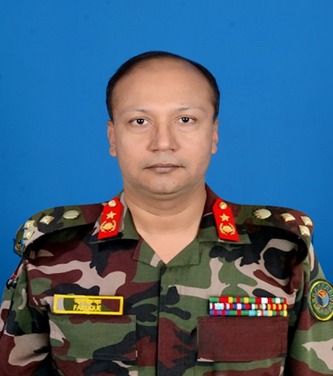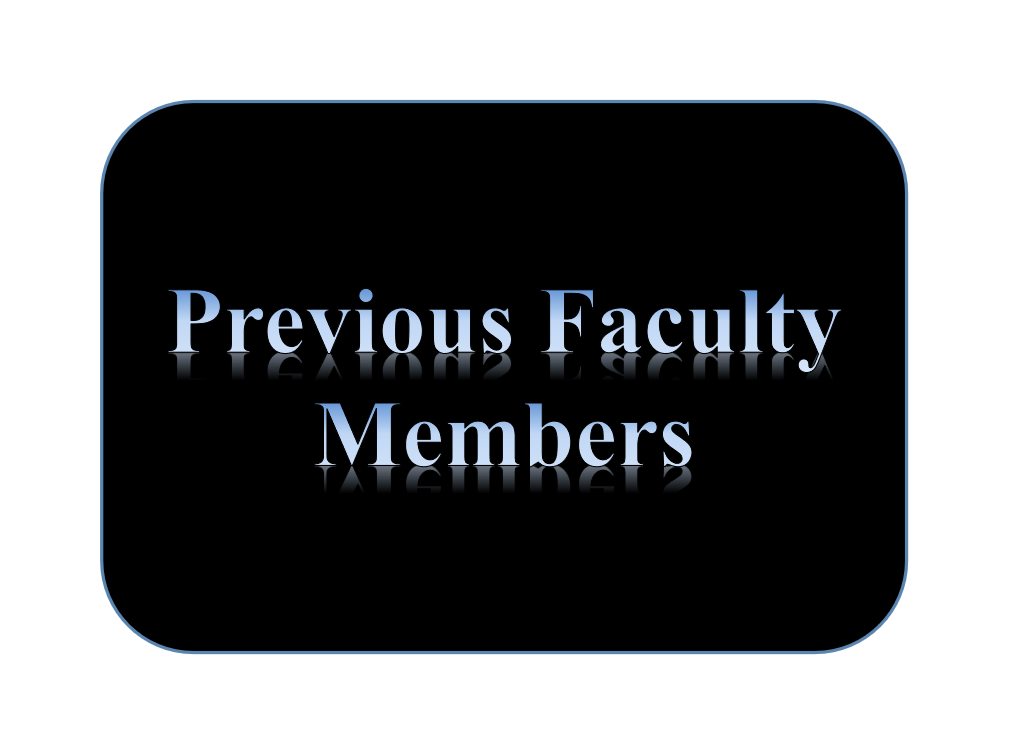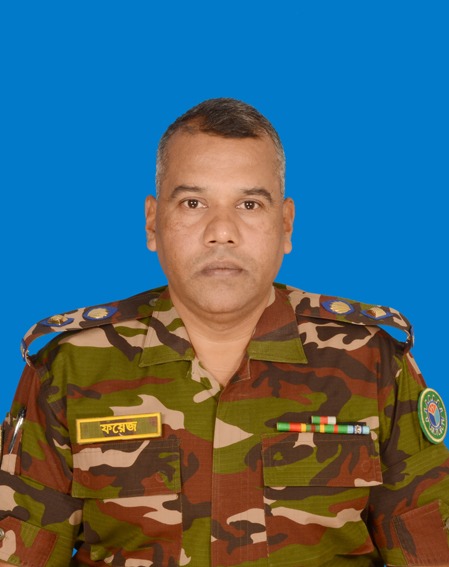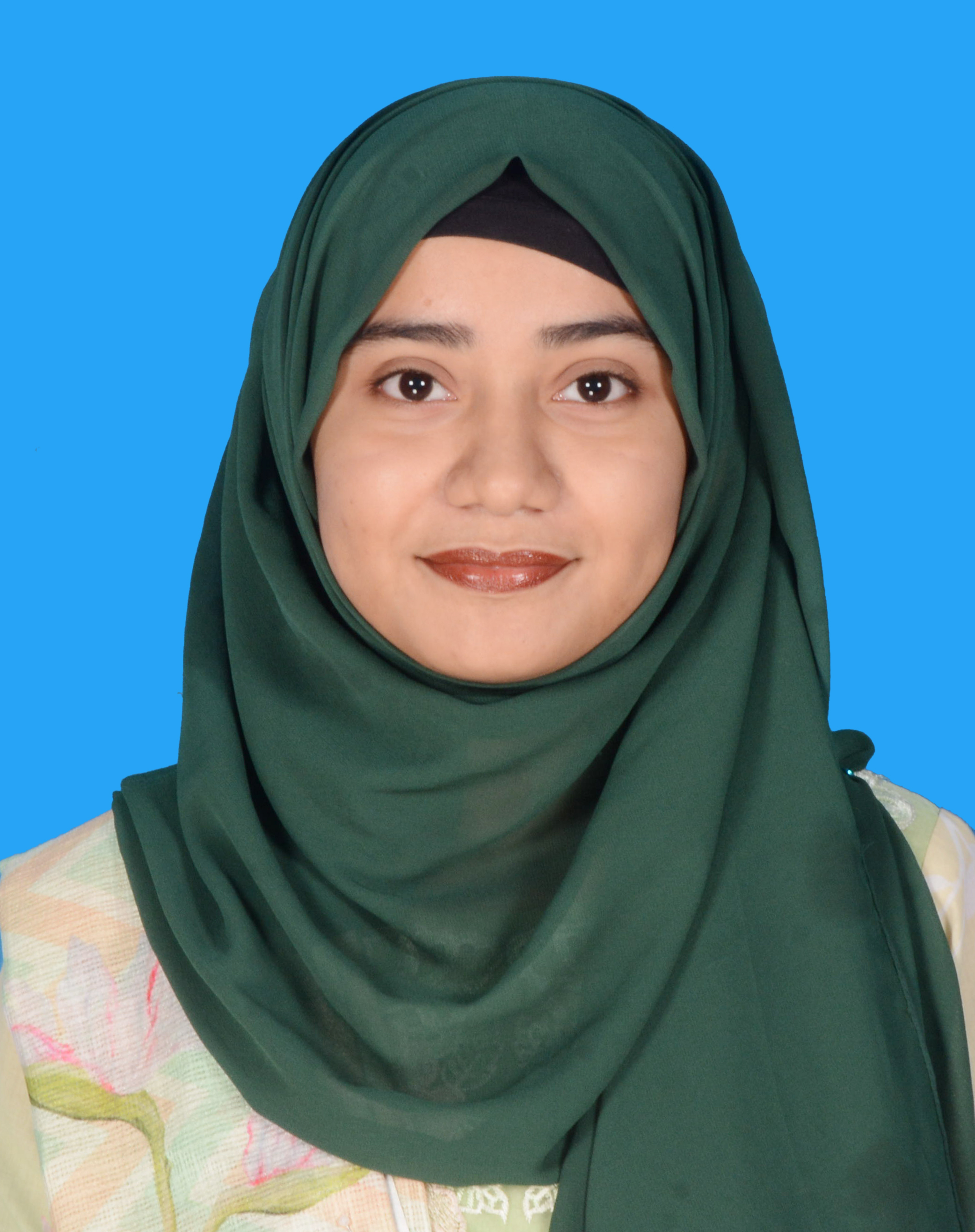Research holds a significant and rigorous role at the Military Institute of Science and Technology (MIST). The Department of Environmental, Water Resources, and Coastal Engineering (EWCE) actively encourages its students to engage in research alongside their academic pursuits.
In collaboration with the Climate Lab (HEQEP) and WaterAid, the EWCE Department hosted the International Conference on Climate Change and Water Security (ICCWS 2015) on December 27, 2015, at MIST. The conference centered on utilizing engineering, technology, and policy-based approaches to enhance water security and address the impacts of climate change.
To mark World Water Day on March 22, 2018, the department organized “AQUAwareness”—a seminar and interactive event aimed at raising public consciousness about ecological balance and sustainable water resource management. It also sought to inspire innovative ideas and solutions among undergraduate students.
On August 1, 2019, the MIST Environment Club, under the guidance of the EWCE Department, conducted a workshop on Municipal Waste Management to promote practical awareness and environmental responsibility.
Furthermore, to broaden students’ professional exposure, the department regularly arranges educational field visits. On June 5, 2022, the MIST Environment Club, again under the supervision of EWCE, celebrated World Environment Day with the global theme “Only One Earth.”
Building on this tradition, World Environment Day 2024 was proudly observed on June 5, once again led by the EWCE Department. In alignment with the year’s theme—“Land Restoration, Desertification, and Drought Resilience”—the event aimed to promote awareness and action toward sustainable environmental solutions, especially concerning land degradation and ecosystem restoration. The day featured keynote addresses by environmental specialists, technical presentations by students, and engaging discussions involving faculty, alumni, and students on pressing issues such as land use, water sustainability, and coastal vulnerabilities. A notable aspect of the event was the exhibition of innovative research and solutions focused on drought resilience, sustainable land management, and nature-based restoration strategies. The program underscored the significance of interdisciplinary collaboration in shaping a more resilient and sustainable future.
This year, the Department of EWCE, in collaboration with the MIST Environment Club, organized a two-day "MIST ENVIRONMENT FEST 2025" aimed at promoting environmental awareness and sustainable practices under the theme of "Beat Plastic Pollution". The event featured a range of activities, which were held on the 28th of June, including poster presentation, GIS case competition, Buzzer Blitz contest and environmental article writing, all designed to foster a deeper understanding of pressing environmental issues and innovative solutions. This joint effort reflects the department's continued commitment to education, community engagement, and environmental stewardship. On the following day of the event on 29th of June, The Head of the Department extended a warm welcome to everyone from various sectors at MIST Environment Fest 2025. Lt Gen S M Kamrul Hassan, Principal Staff Officer of the Armed Forces Division, attended as the chief guest and expressed the urgency of environmental protection and tackling plastic pollution. A key highlight of the fest was the keynote session, delivered by Dr. Md Mafizur Rahman from BUET, who discussed global efforts to combat plastic pollution. The event also featured technical sessions that addressed some of today’s most critical environmental challenges. Dr. Abdullah Al-Muyeed from the Department of Public Health Engineering (DPHE) shed light on Bangladesh’s sanitation issues, while Nayoka Martinez Bäckström from the Embassy of Sweden emphasized the importance of empowering youth leadership in the face of climate change and environmental uncertainty. In the closing remarks, Maj Gen Md Nasim Parvez, BSP, ndc, afwc, psc, Comdt, MIST, and Chief Patron of the event, highlighted the importance of enhancing public understanding and promoting the adoption of alternatives to plastic to tackle the environmental issues associated with the global climate crisis.

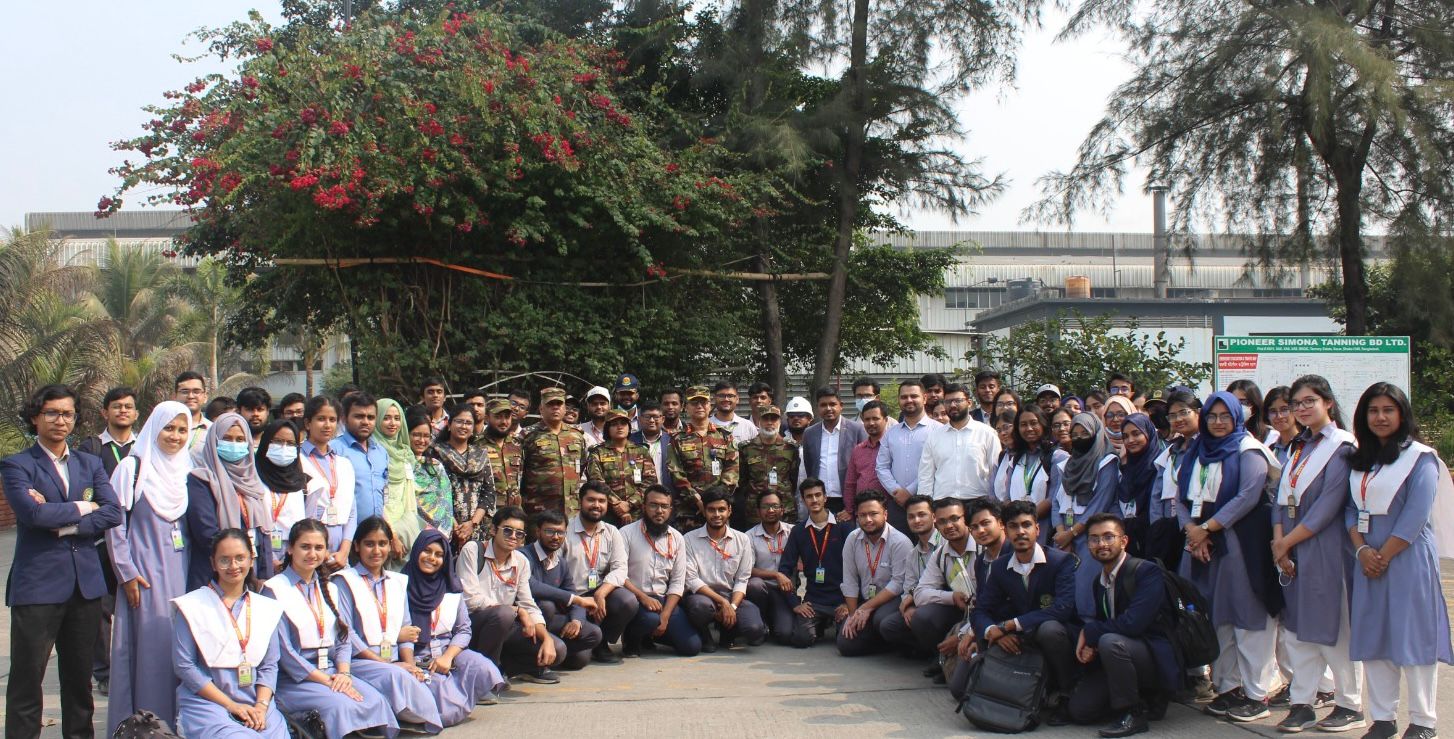
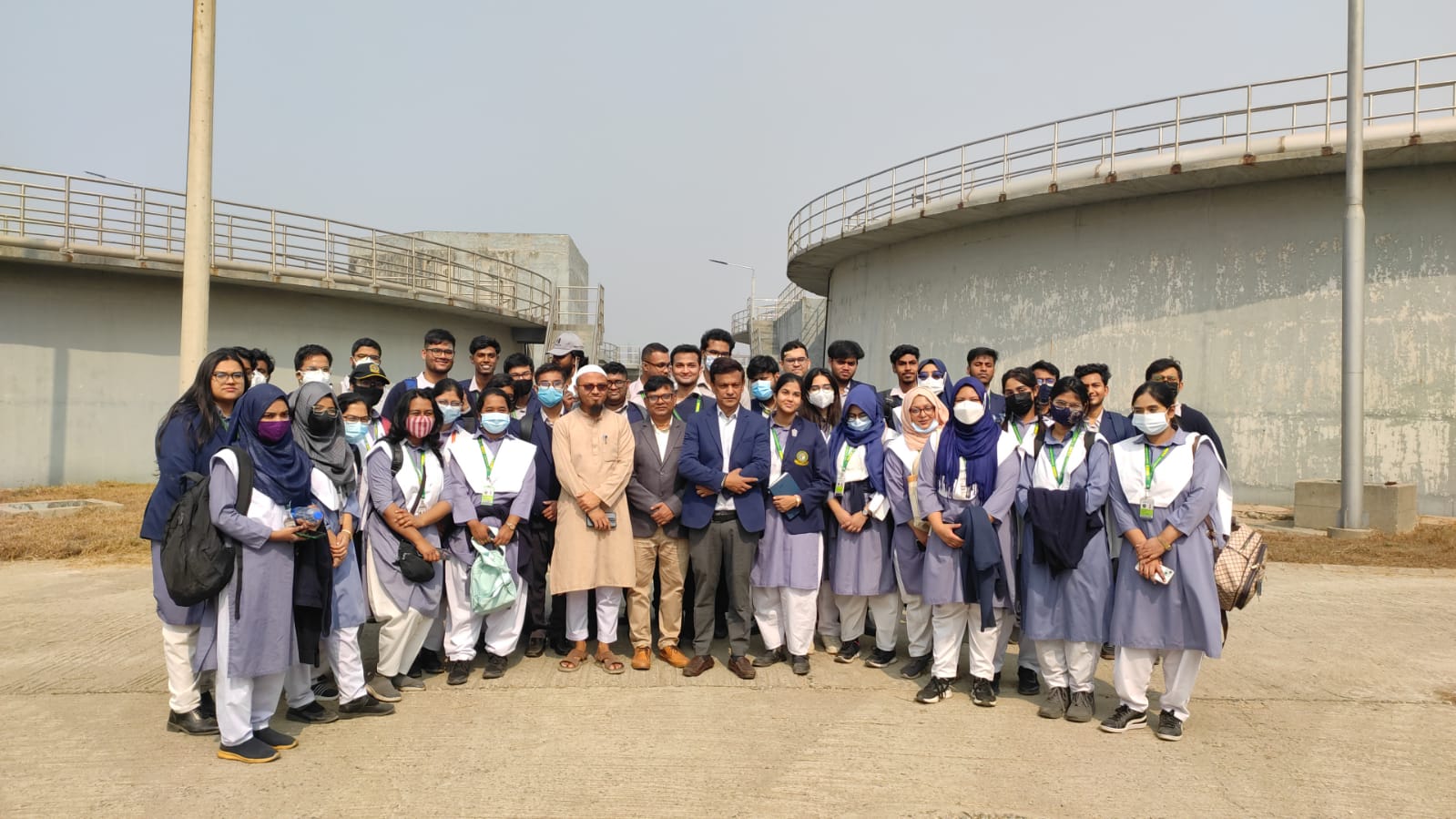
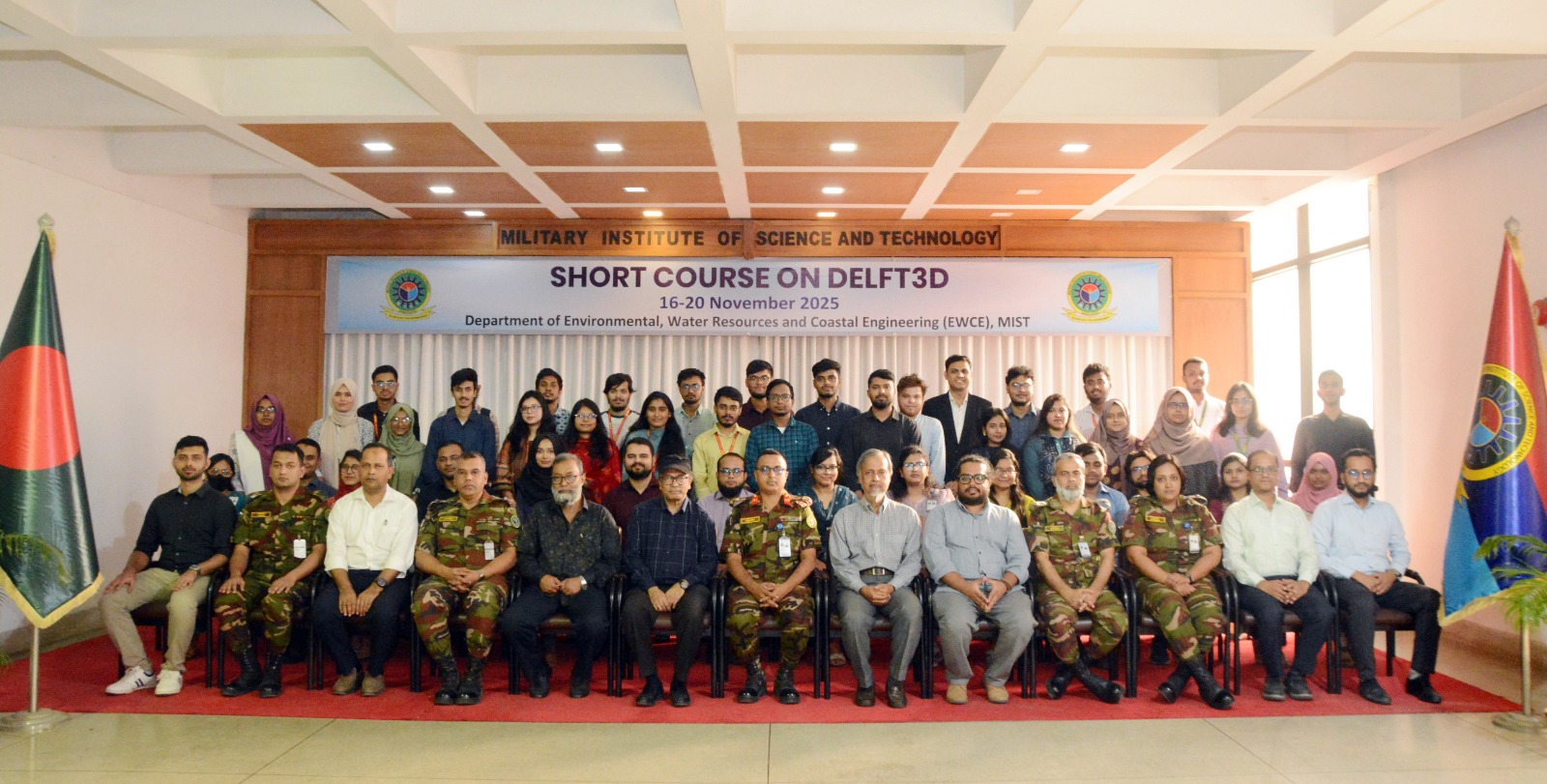
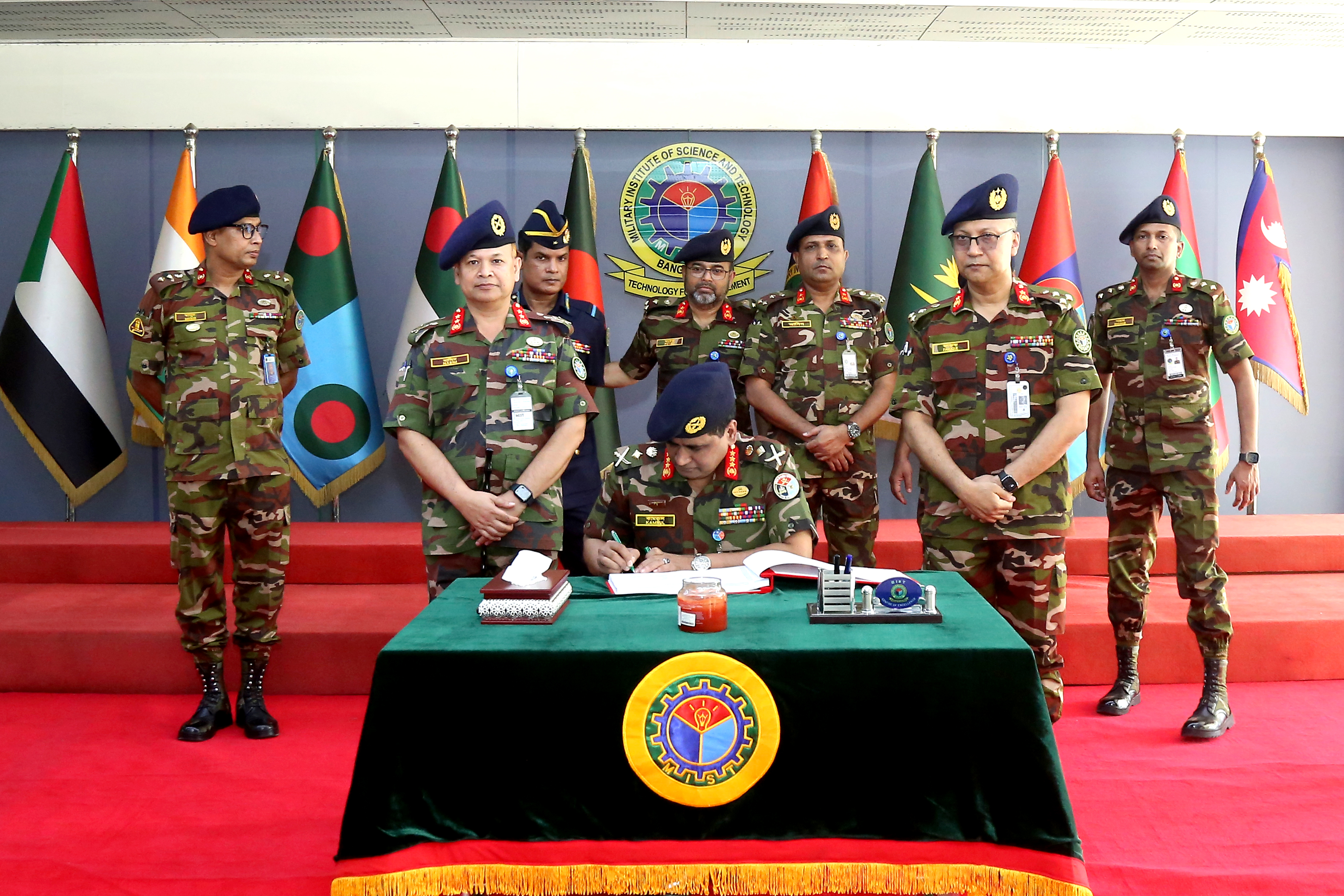
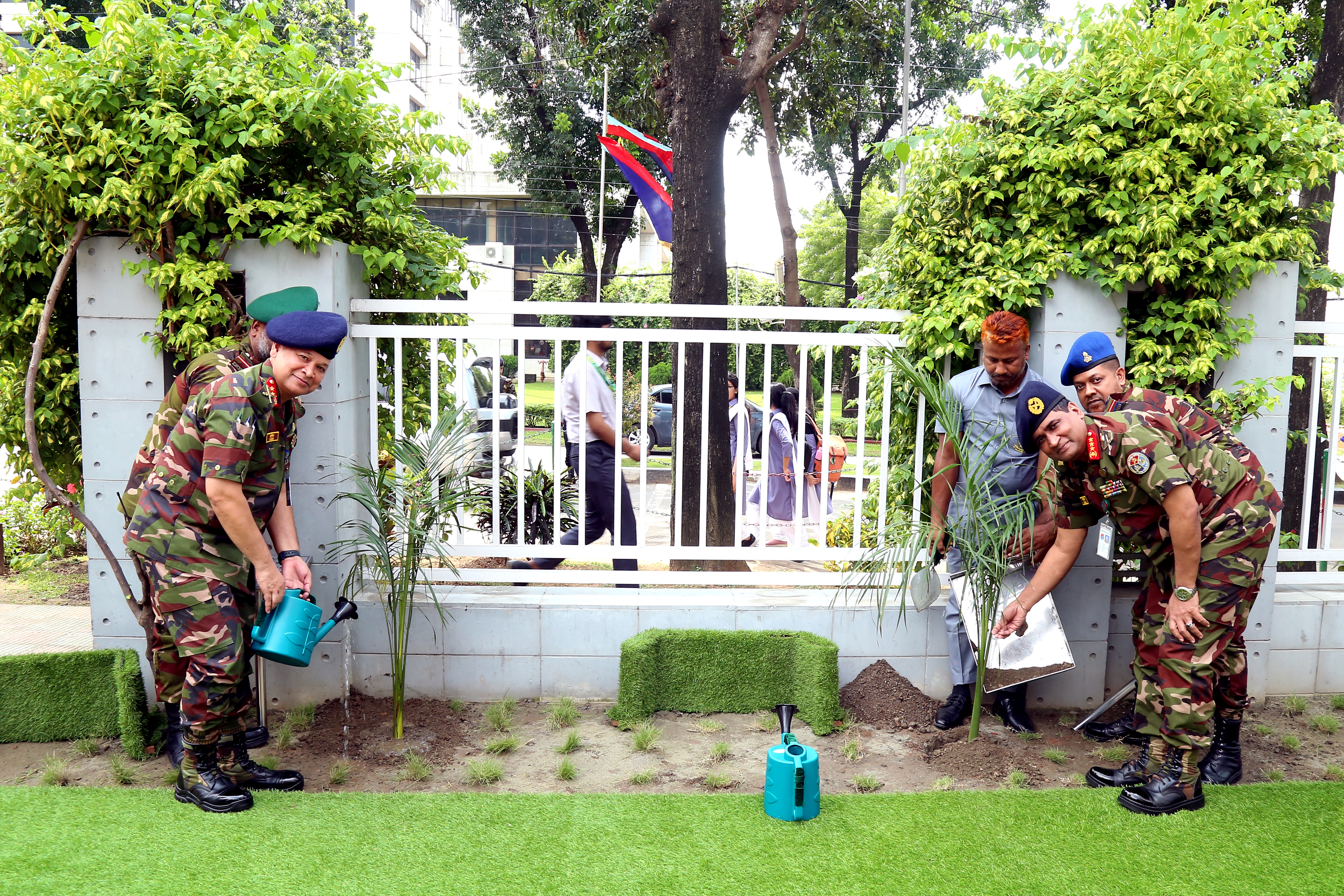

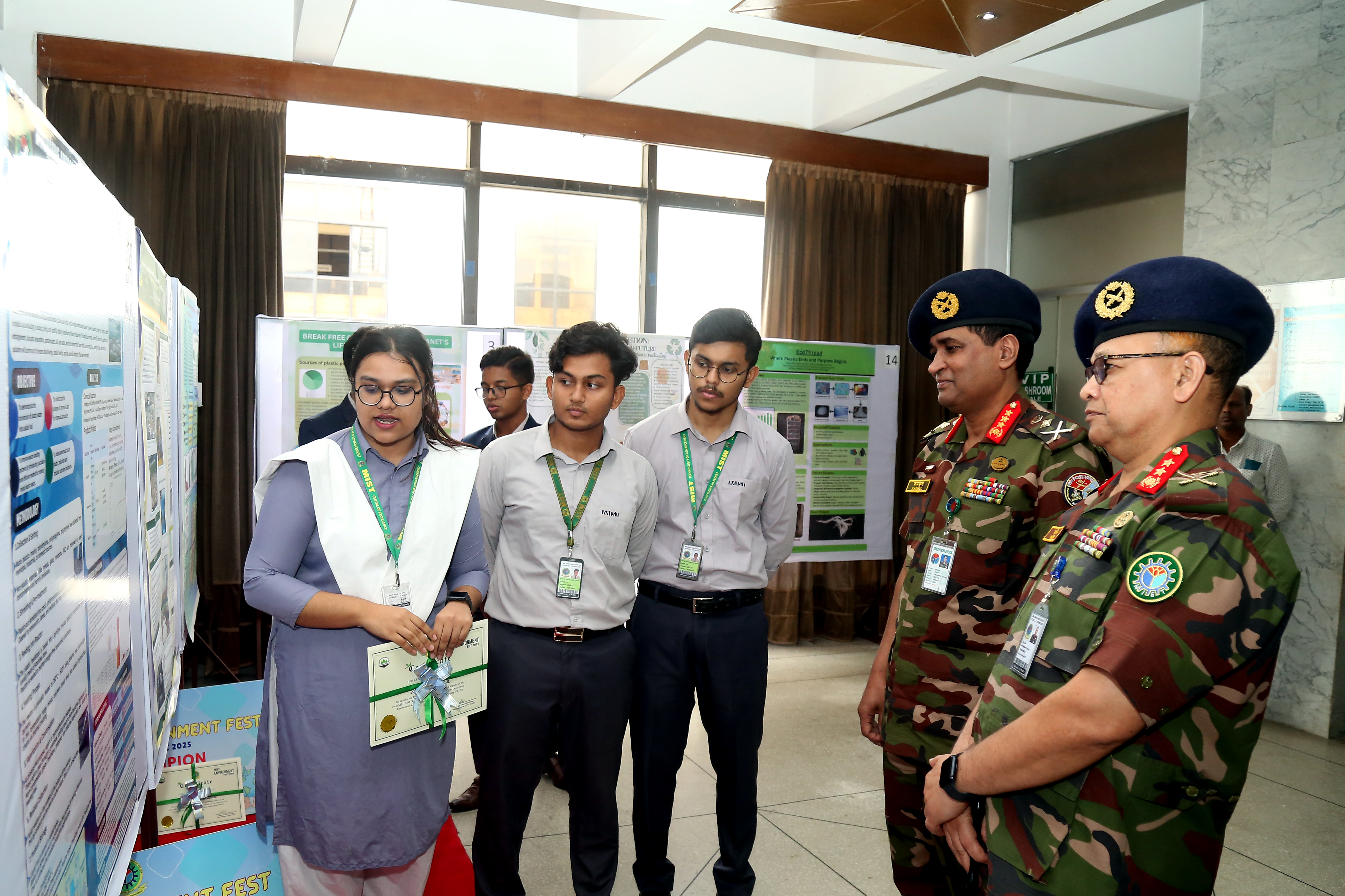

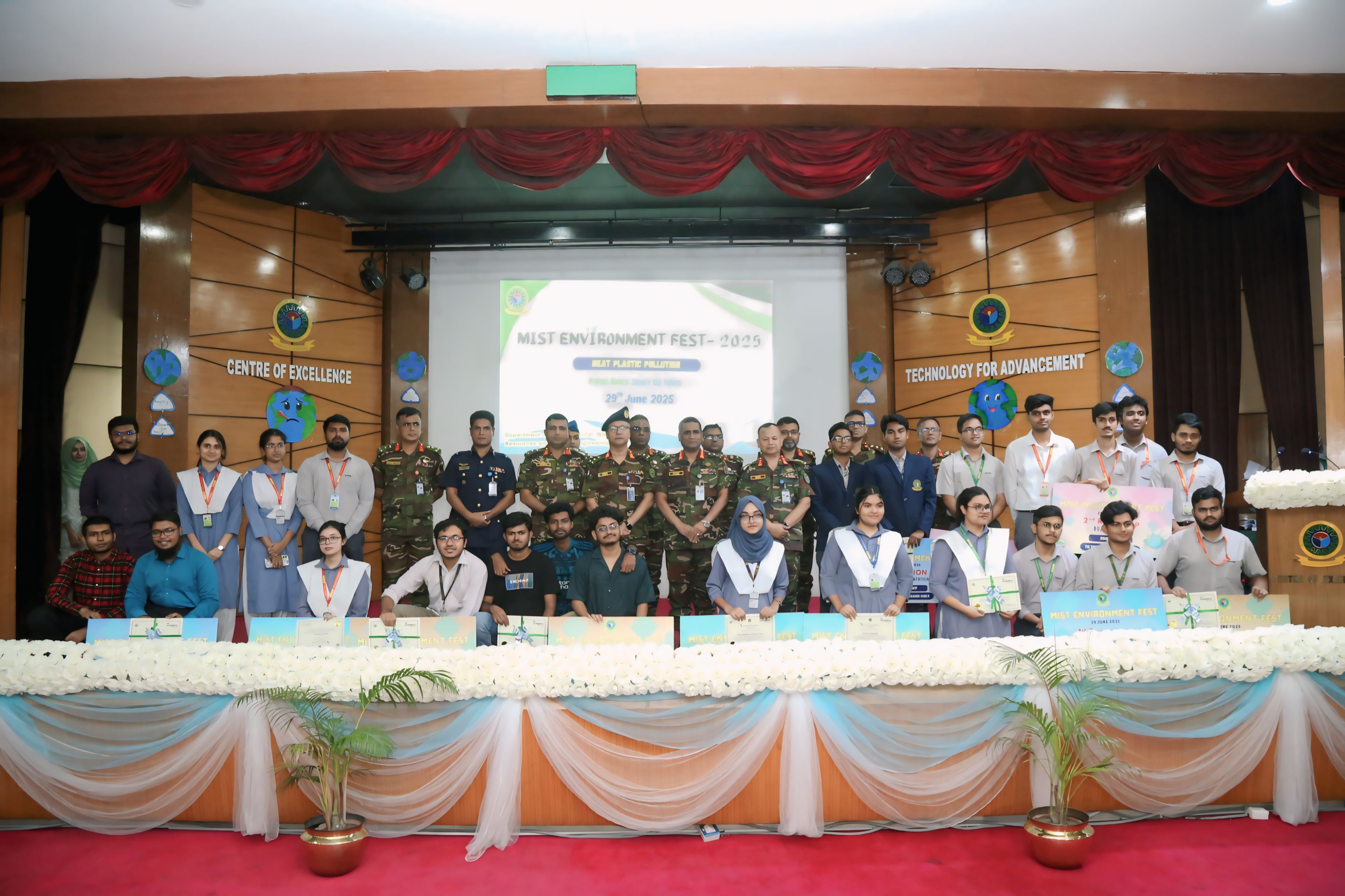
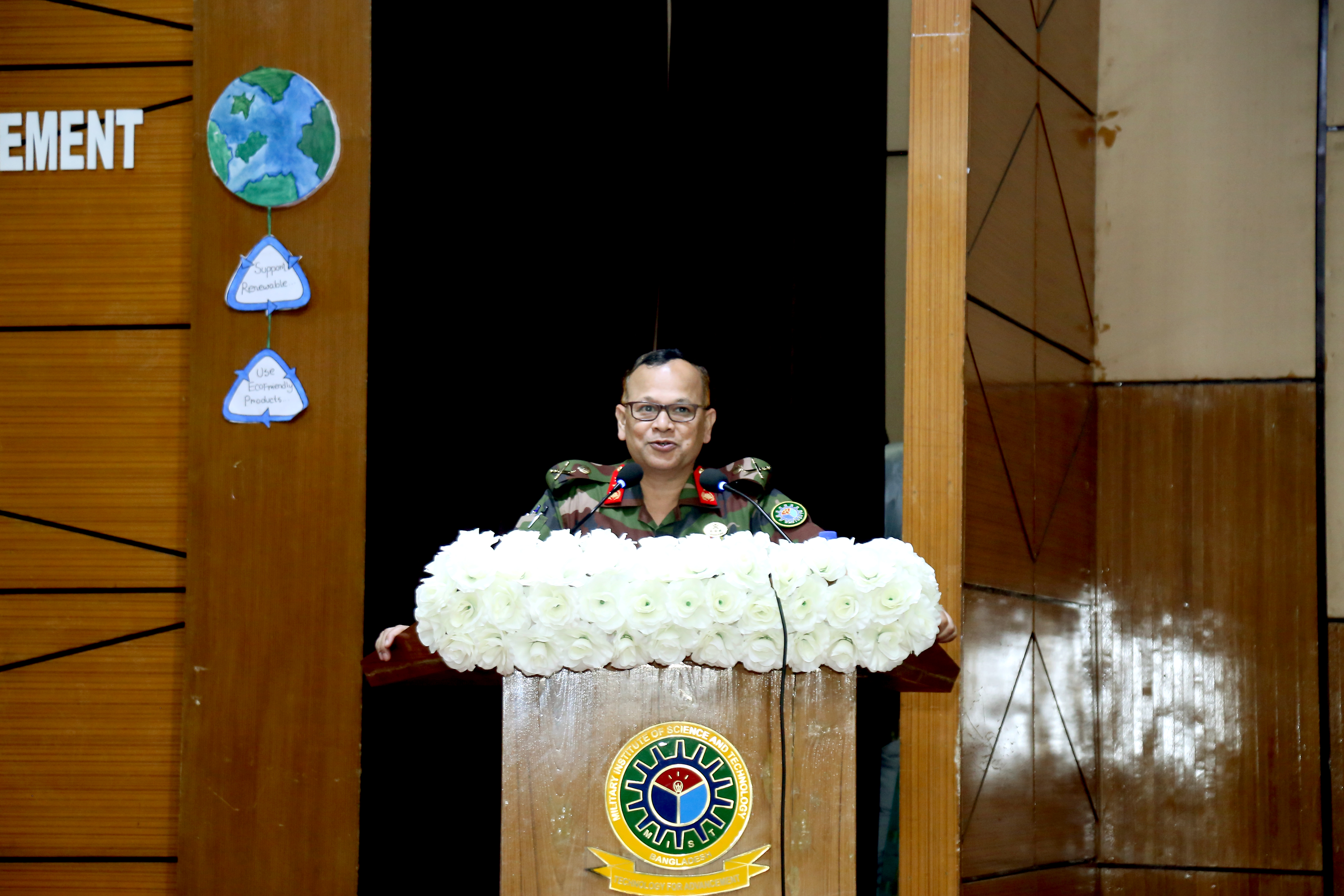
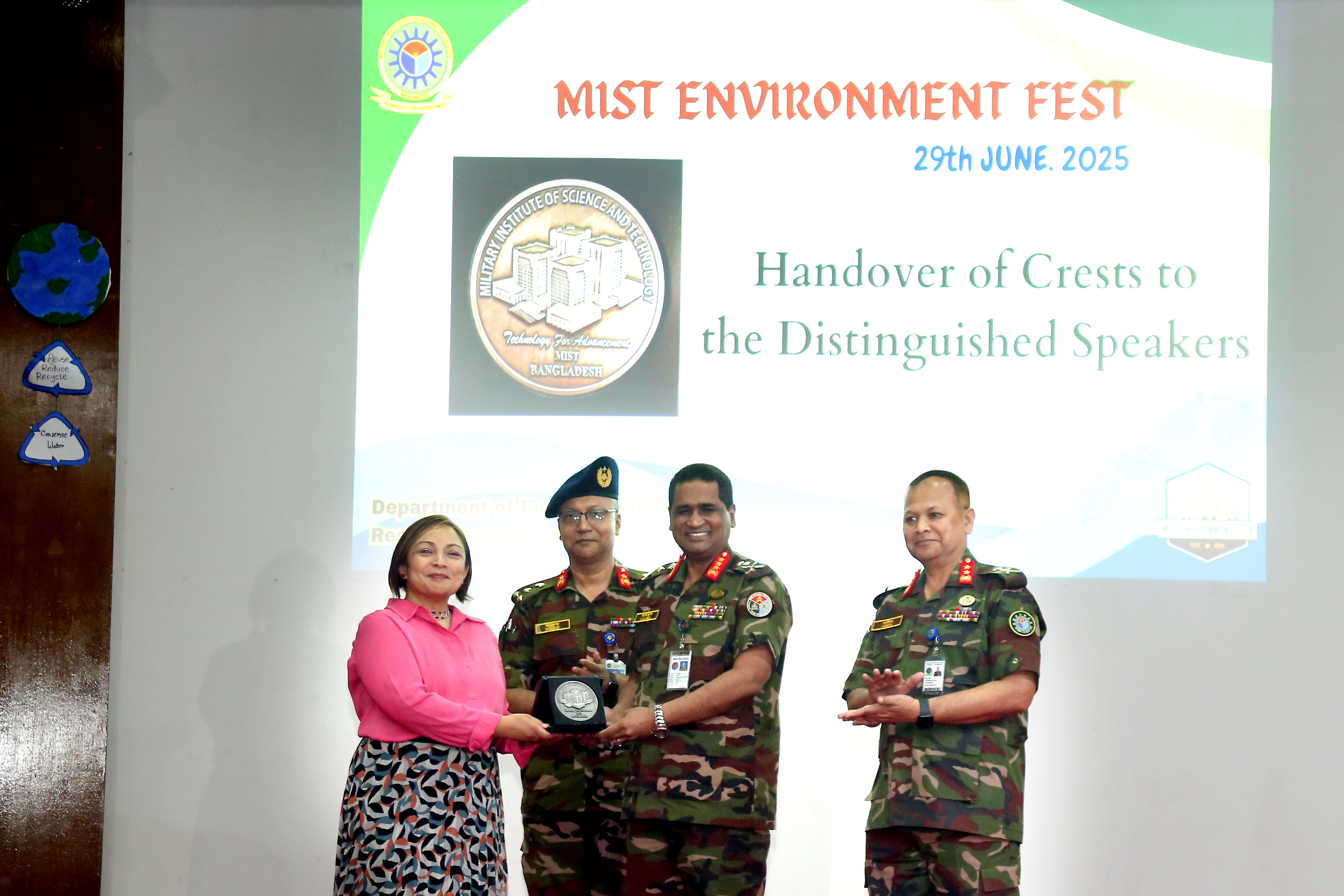
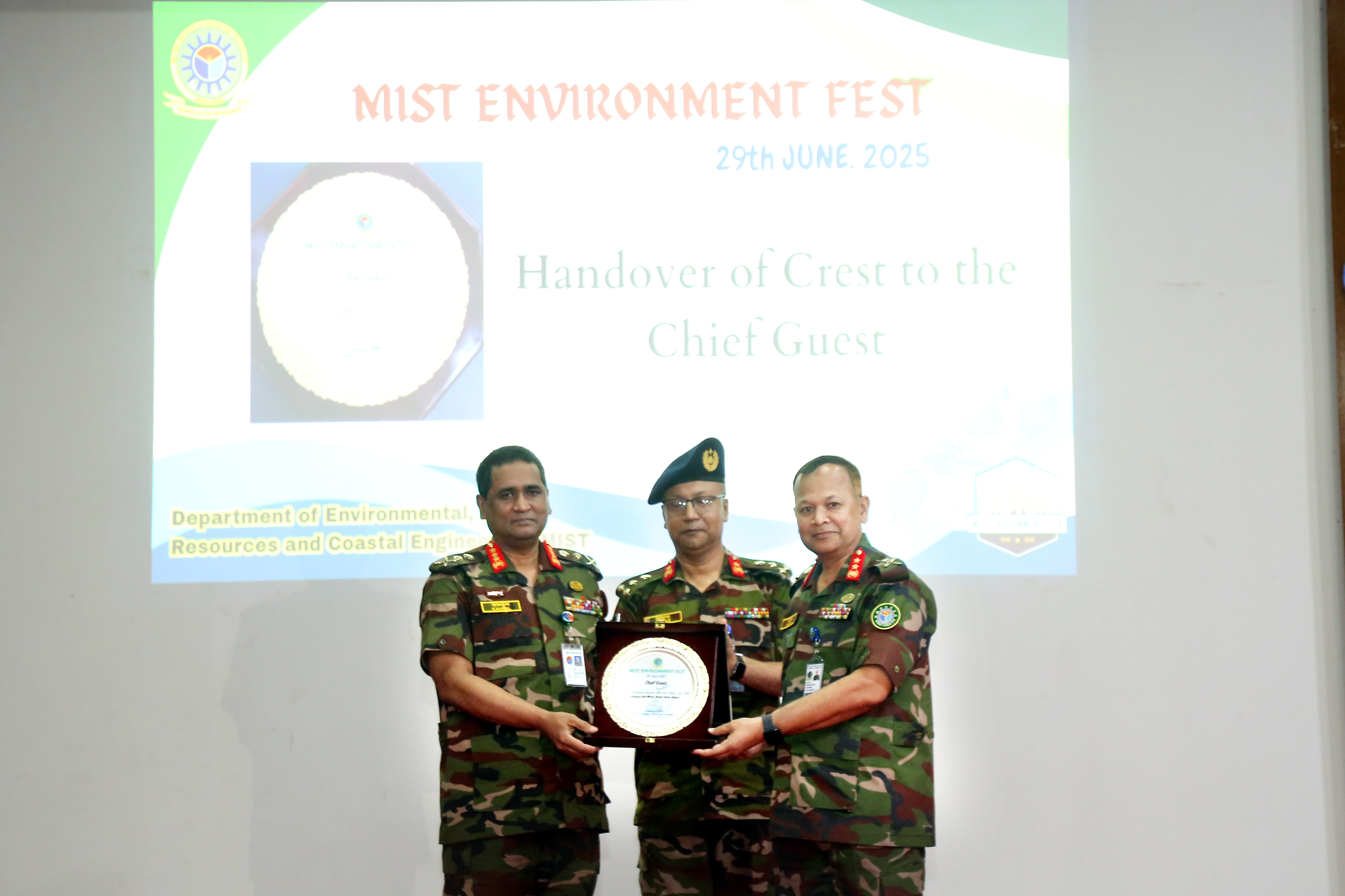
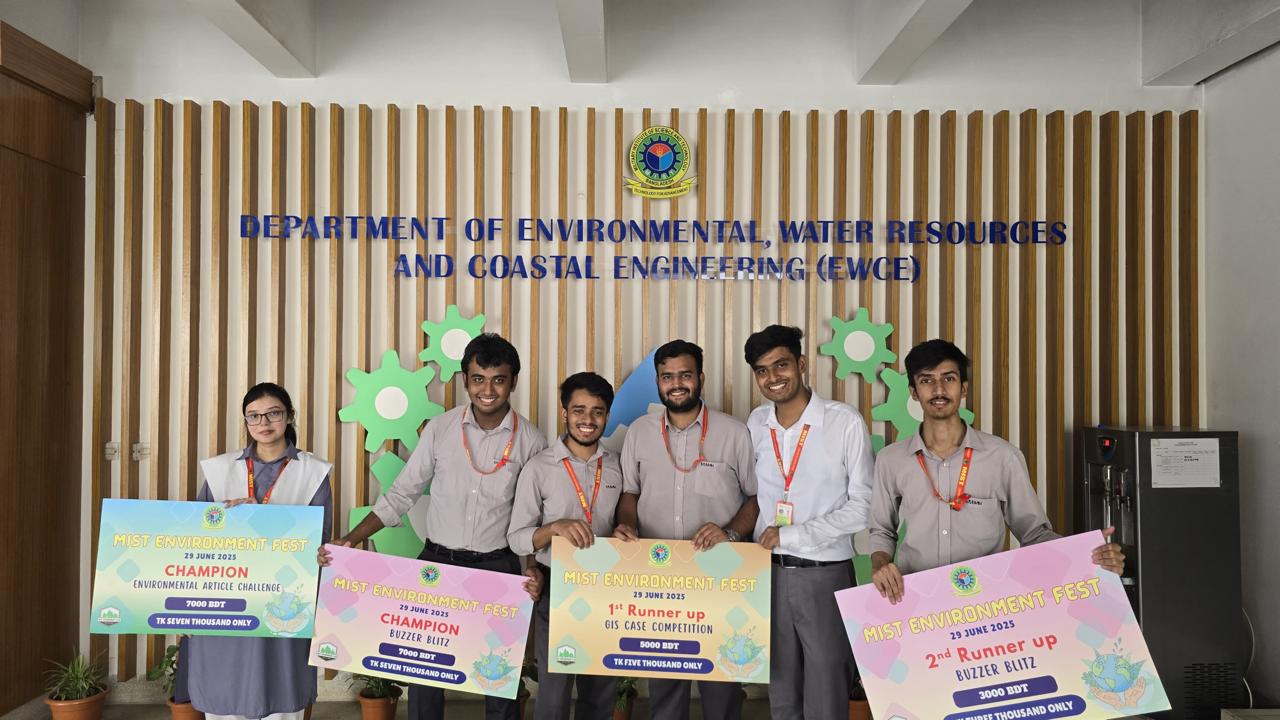



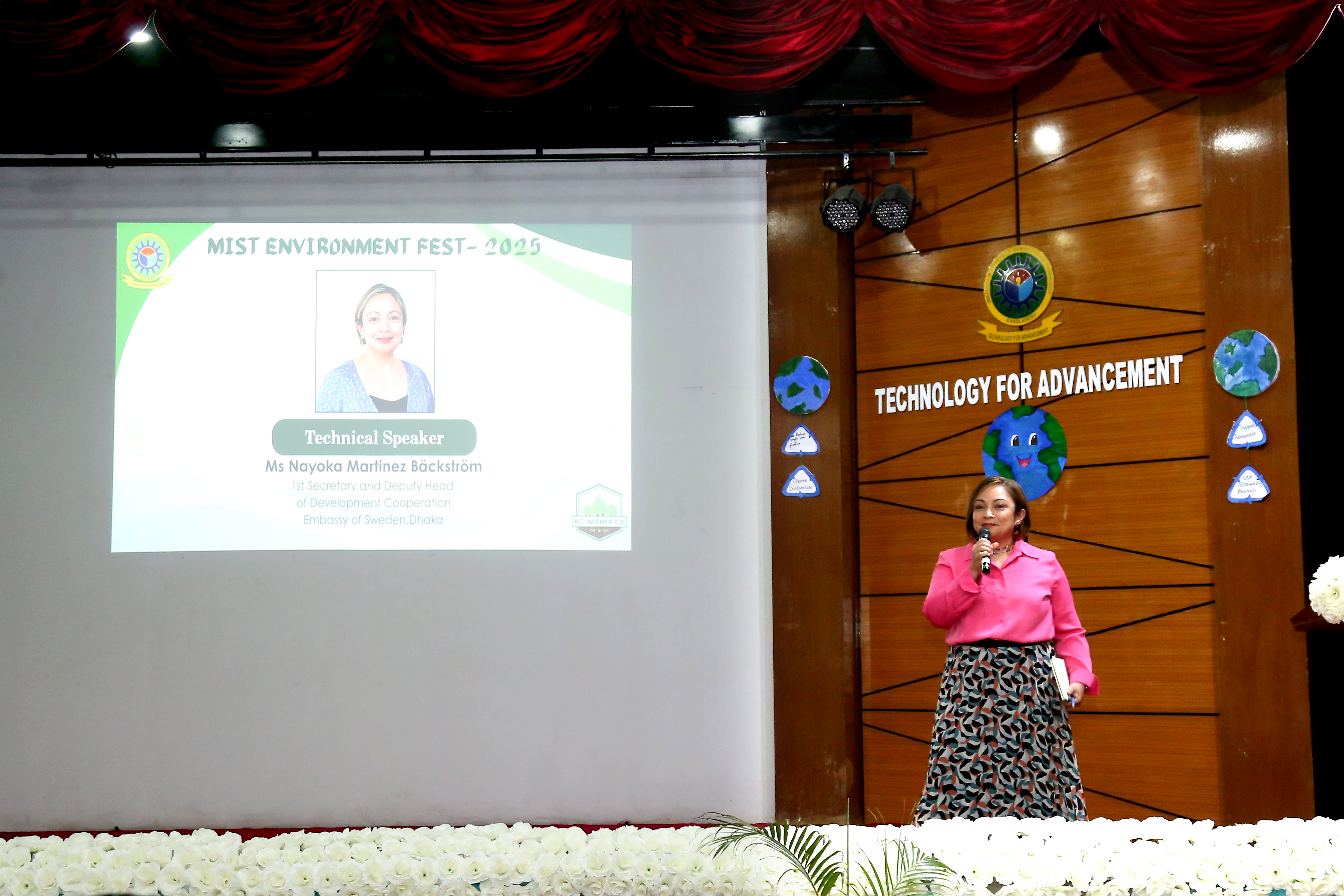
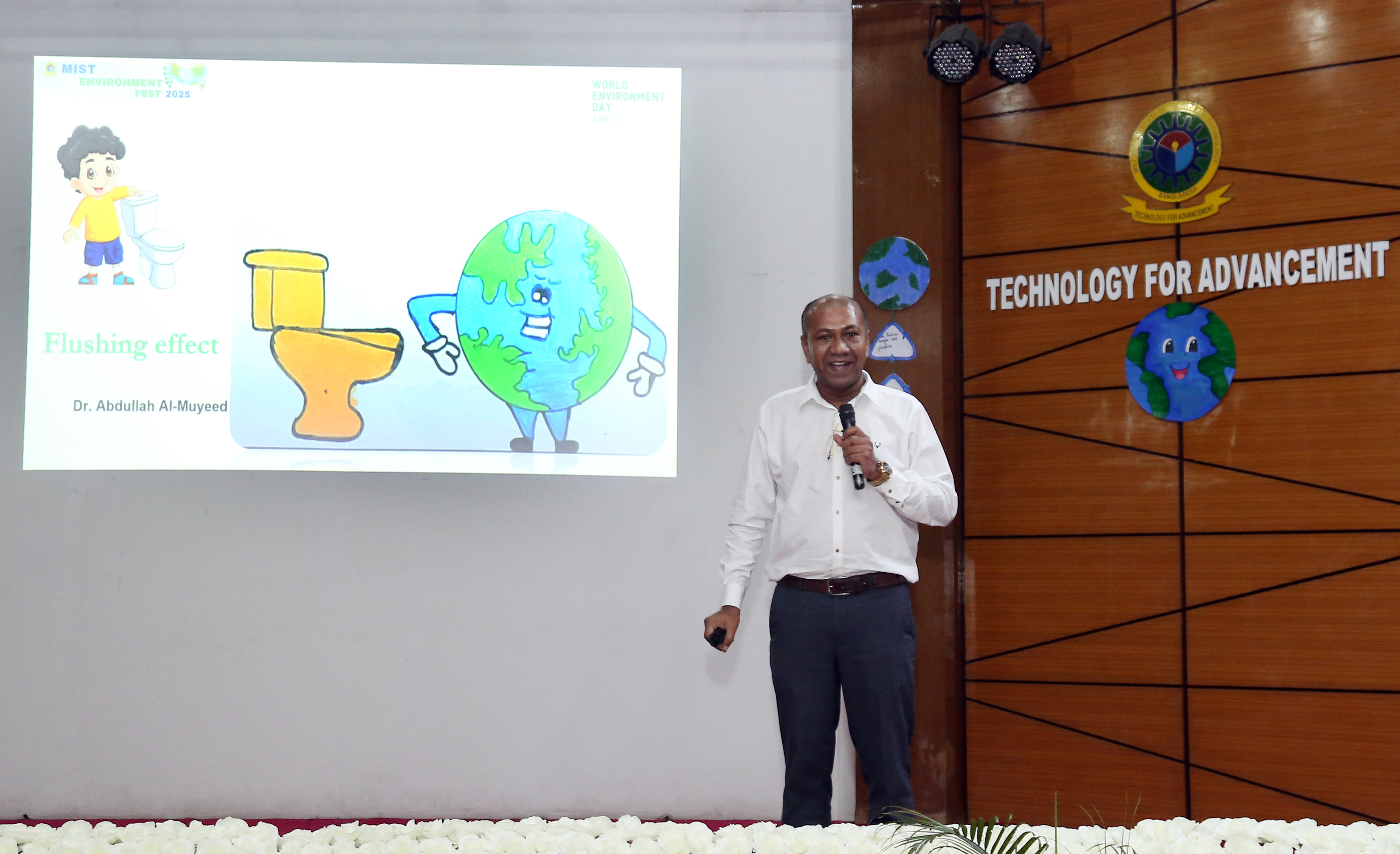


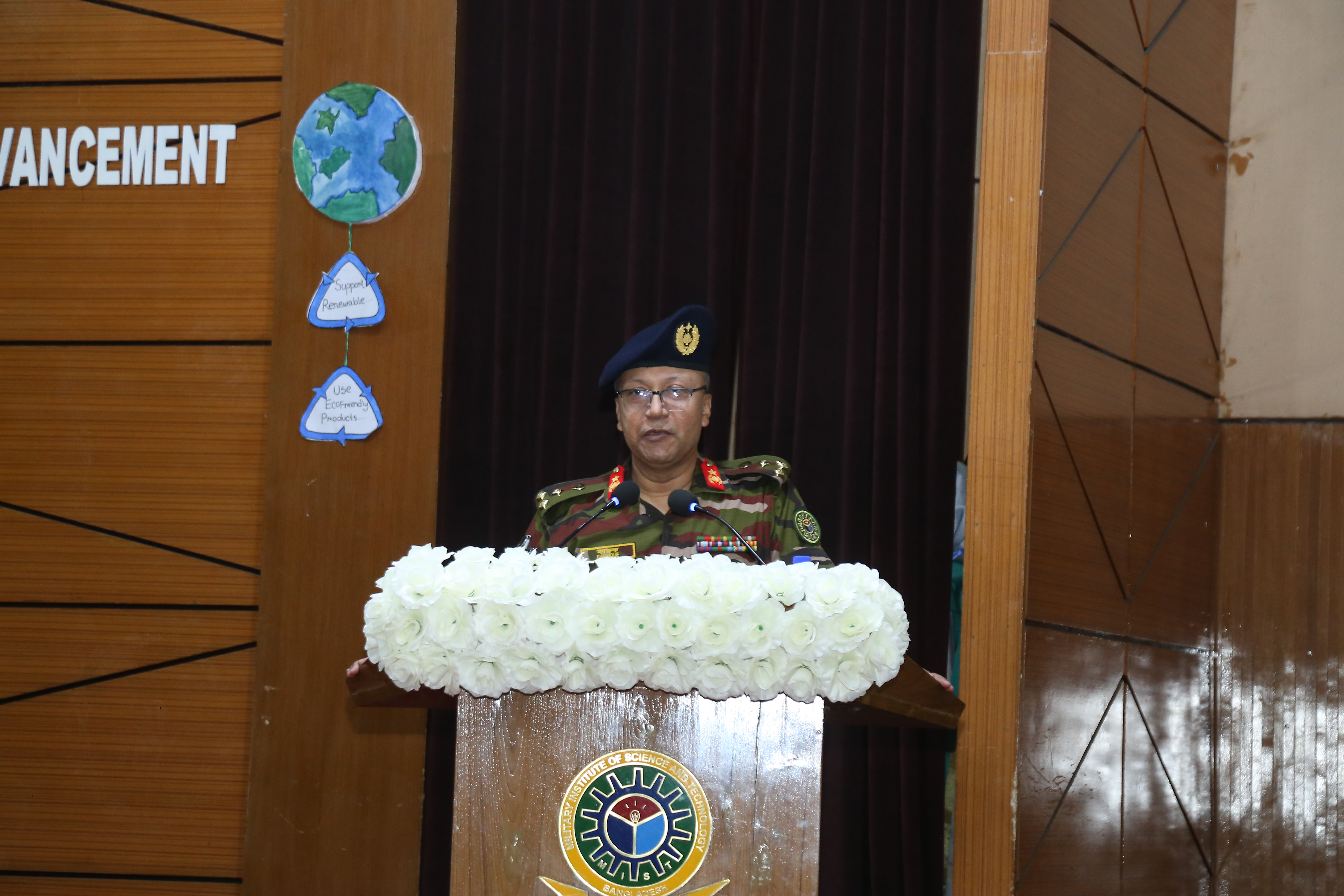
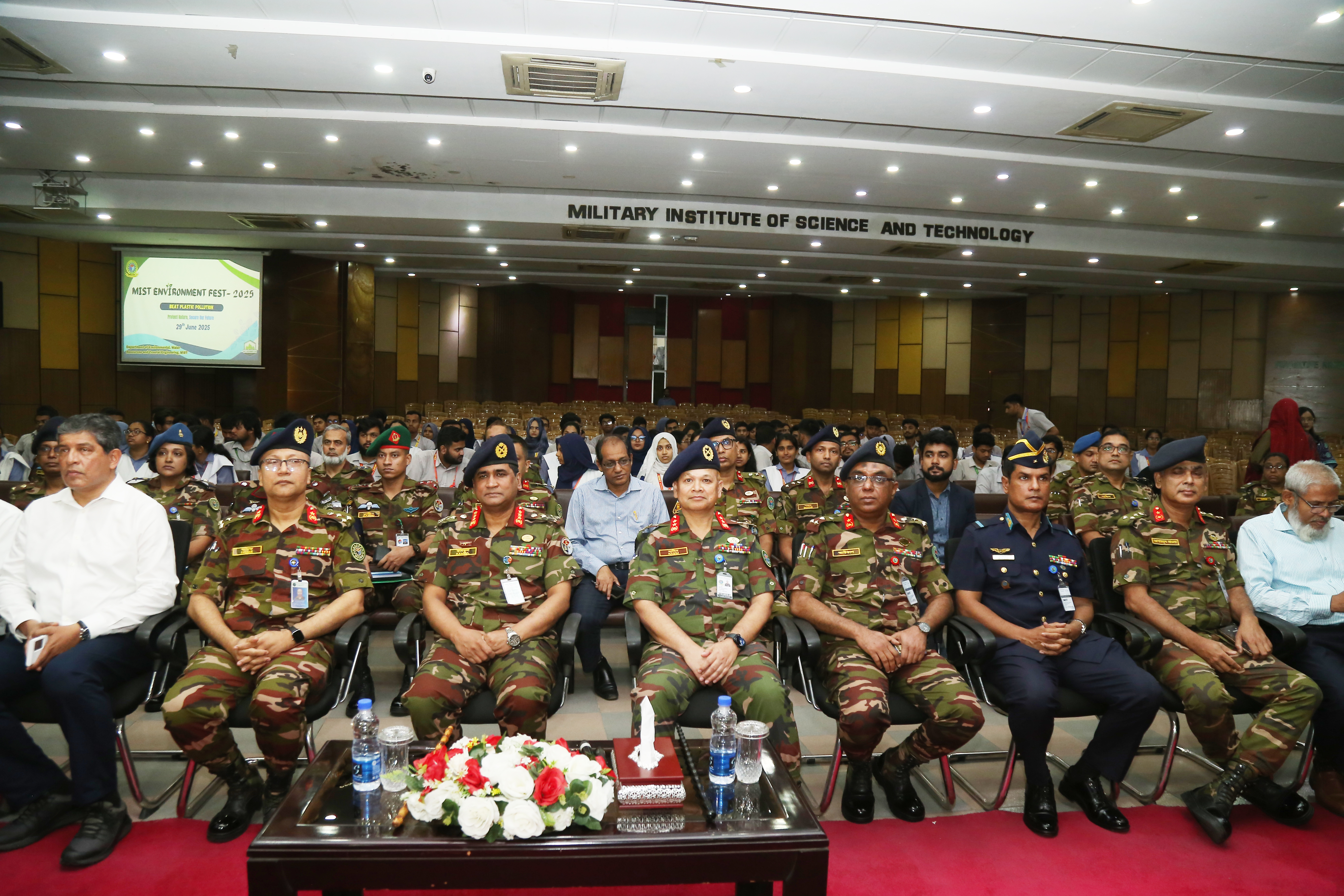
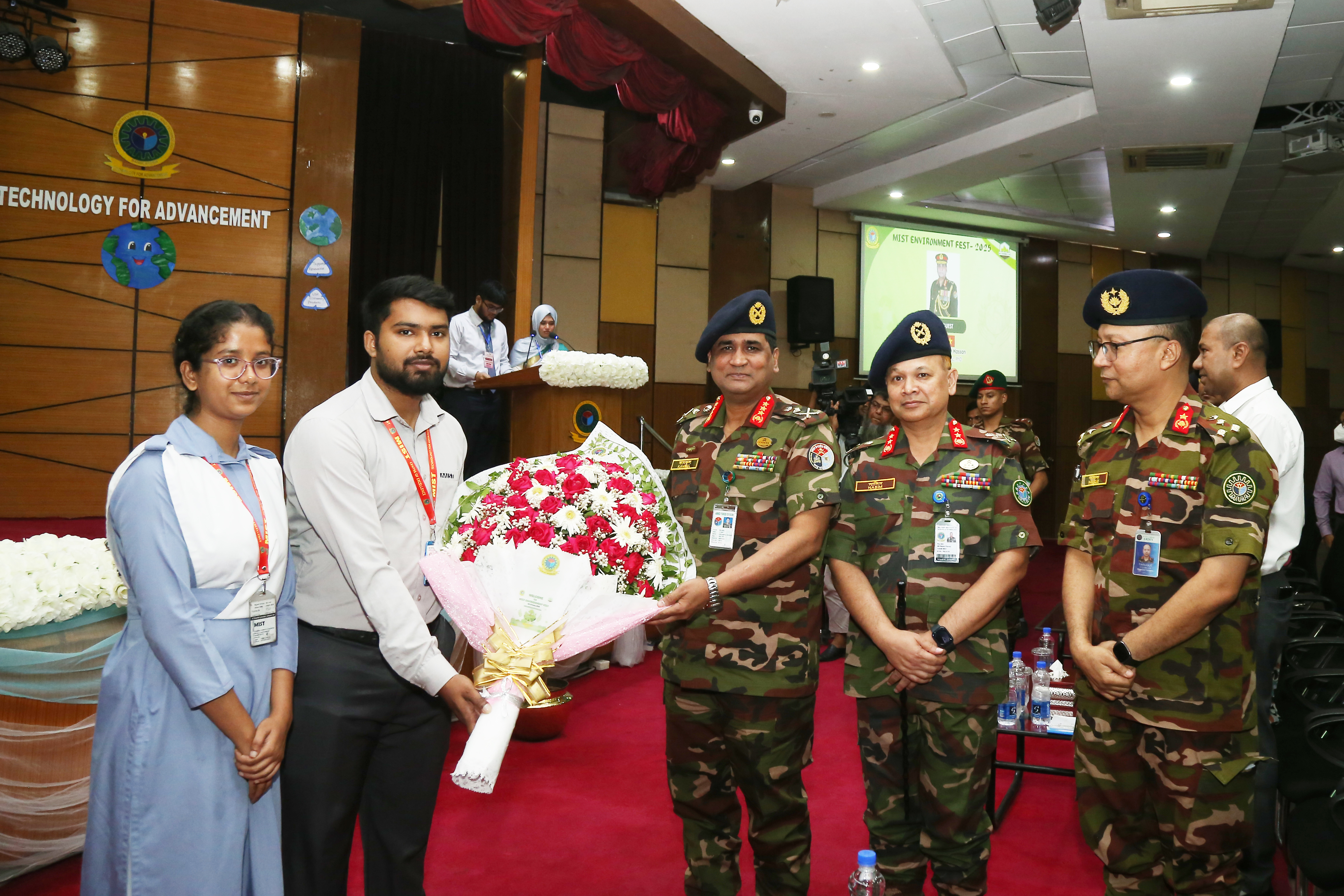
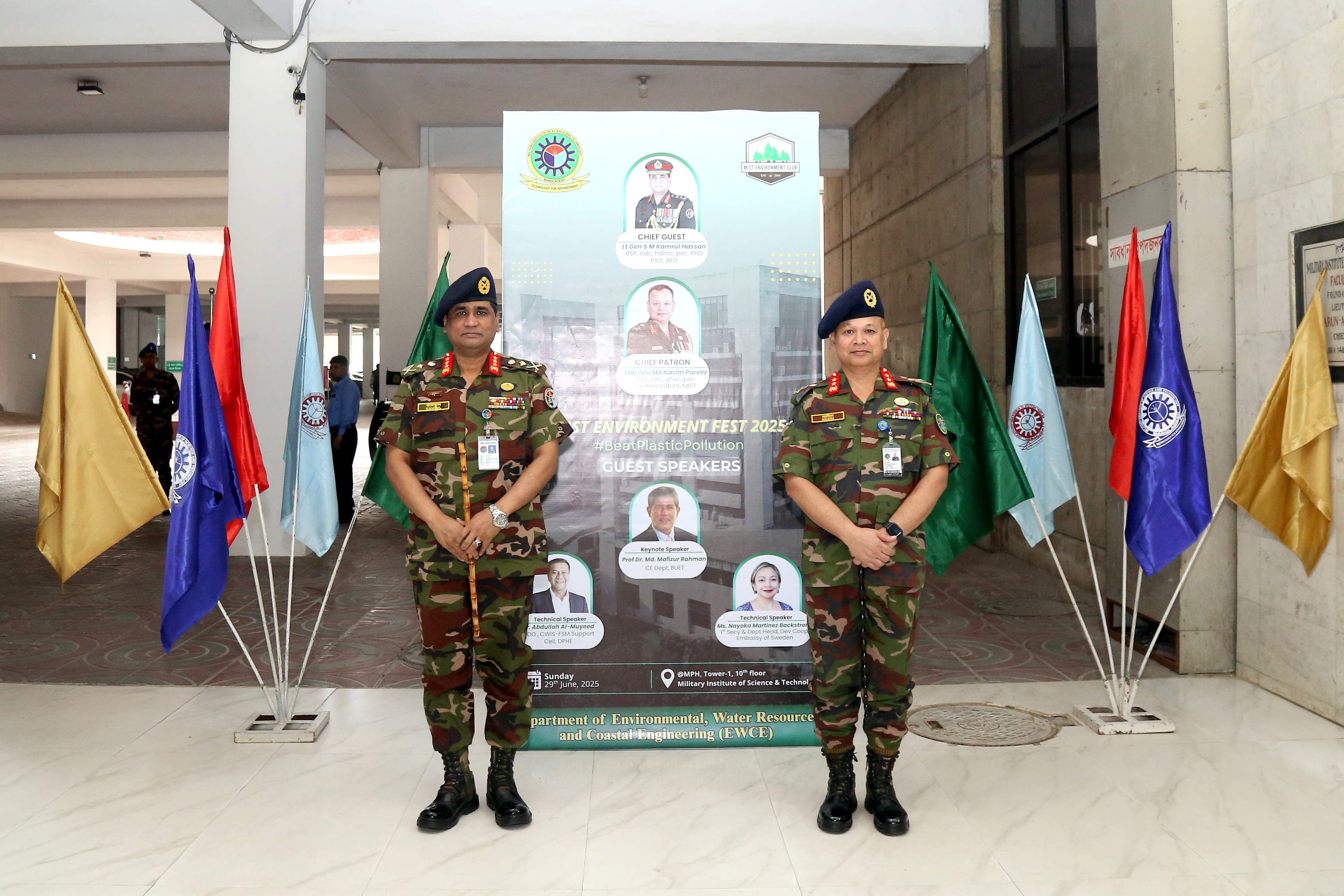
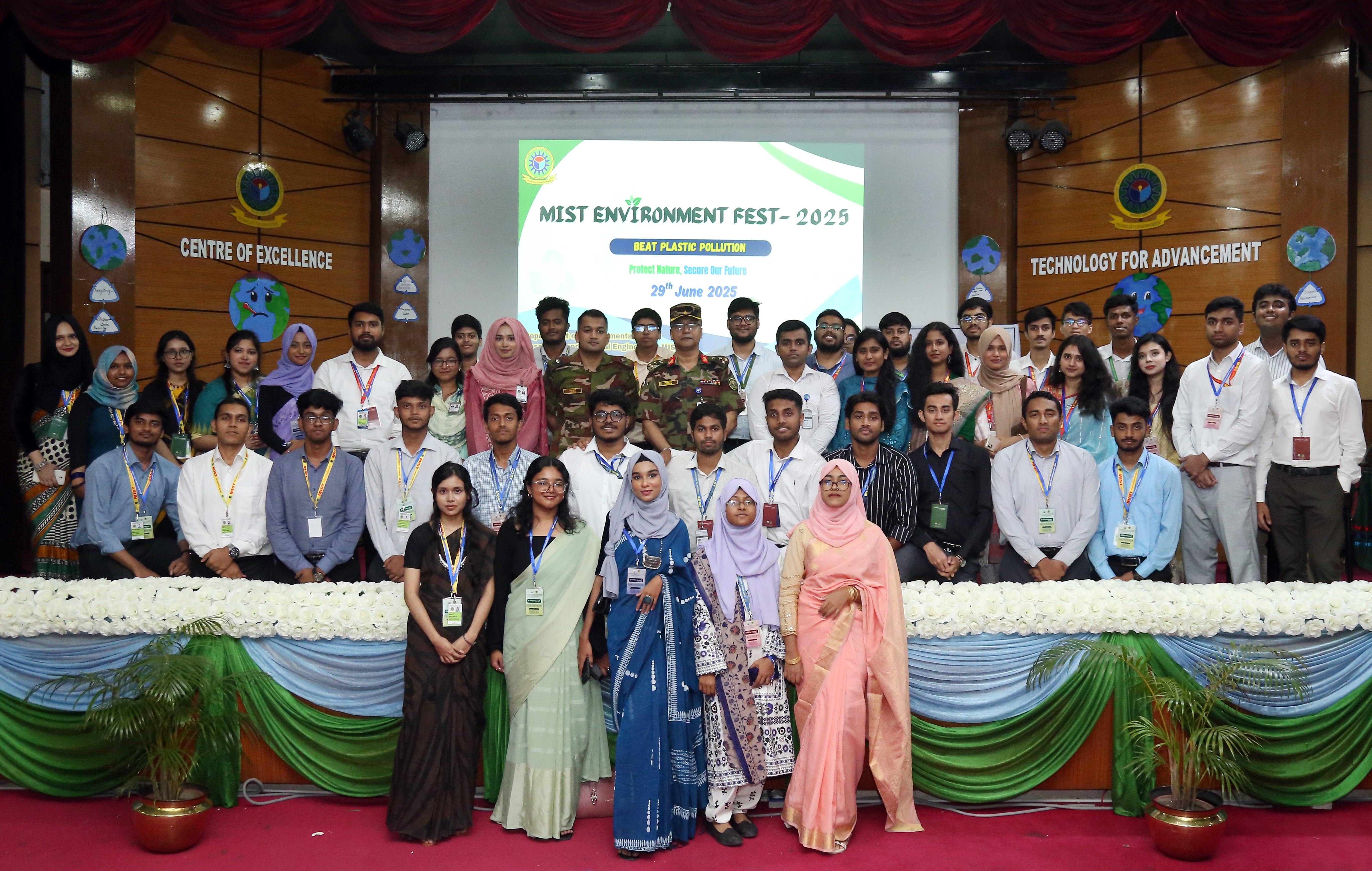
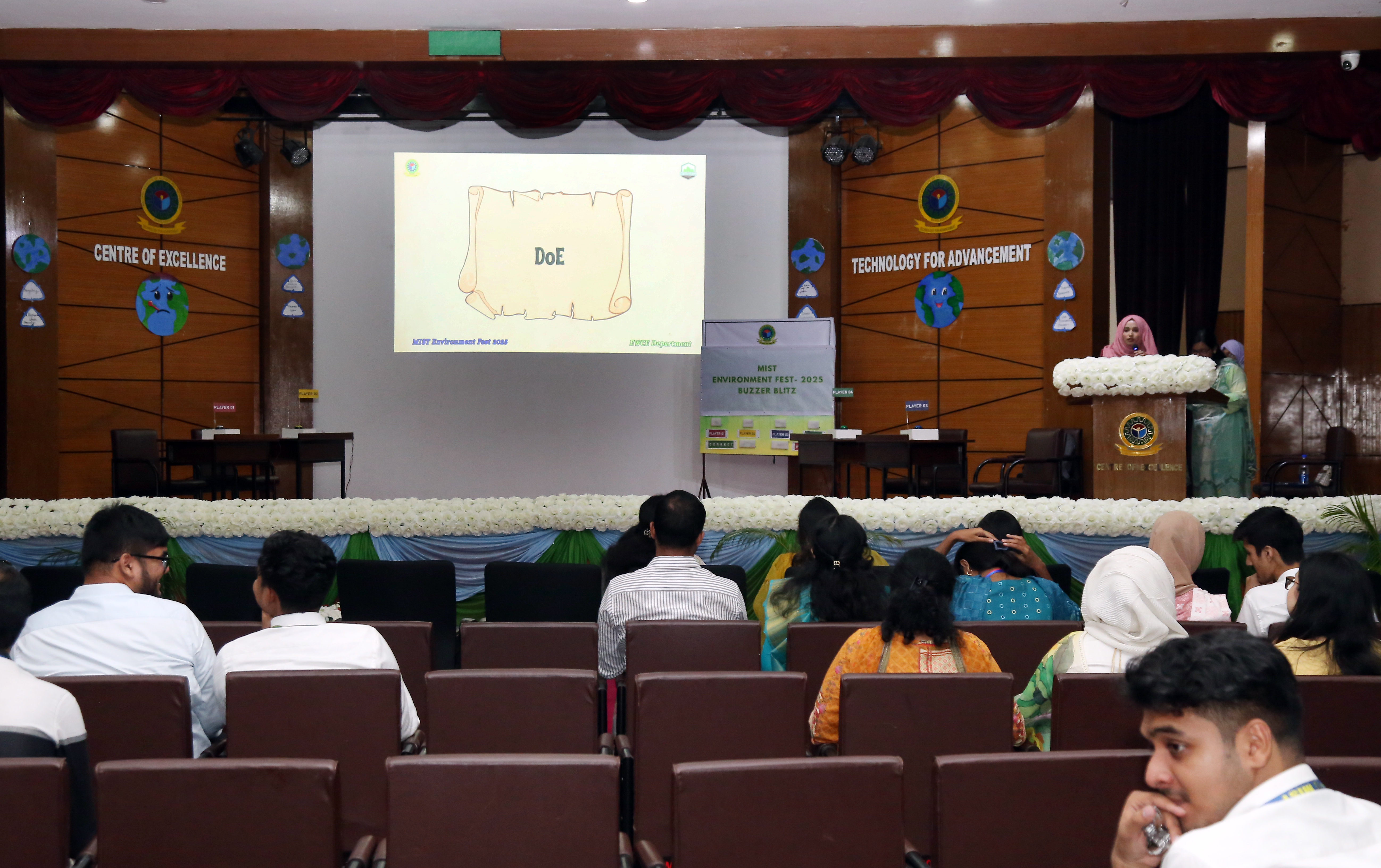
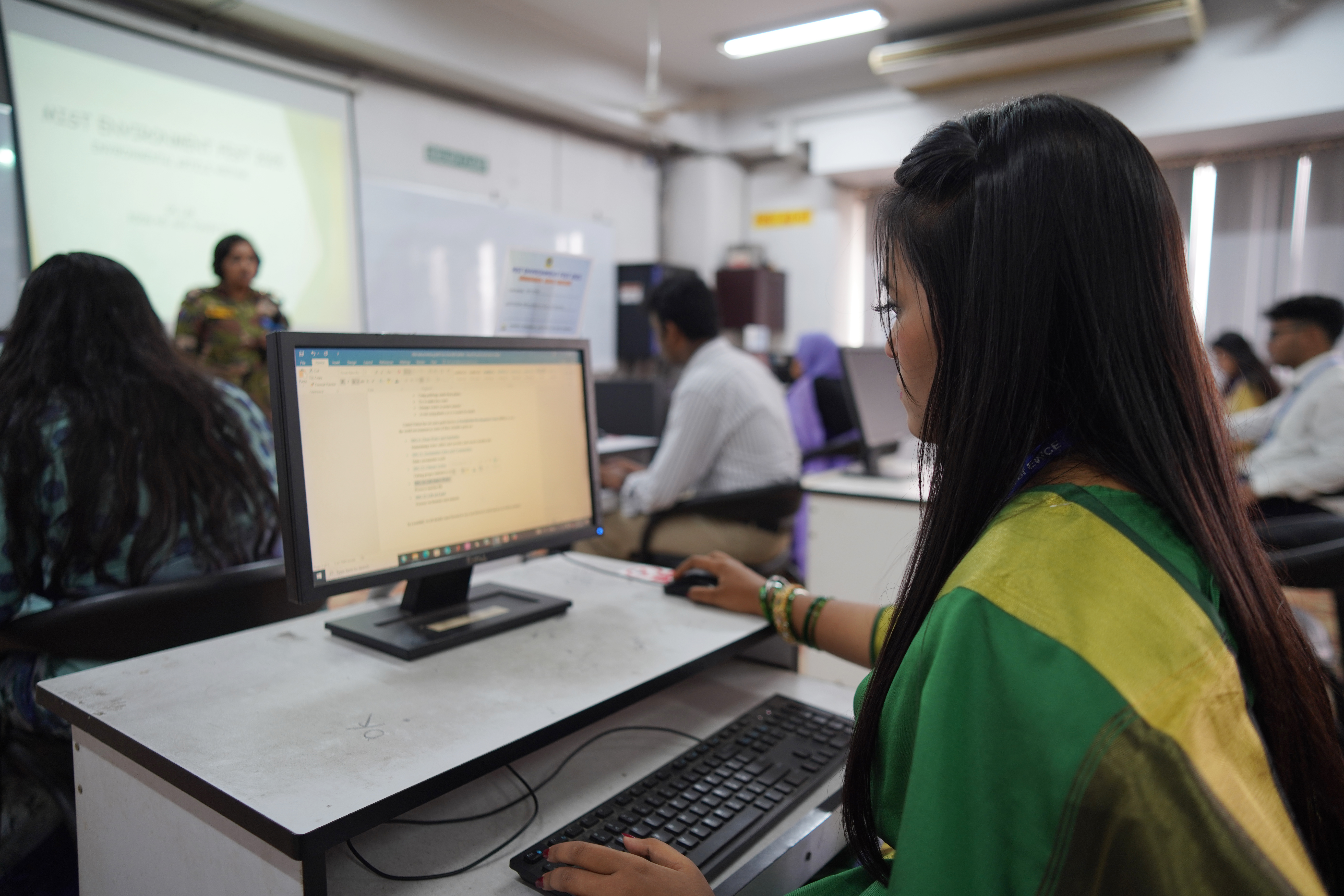
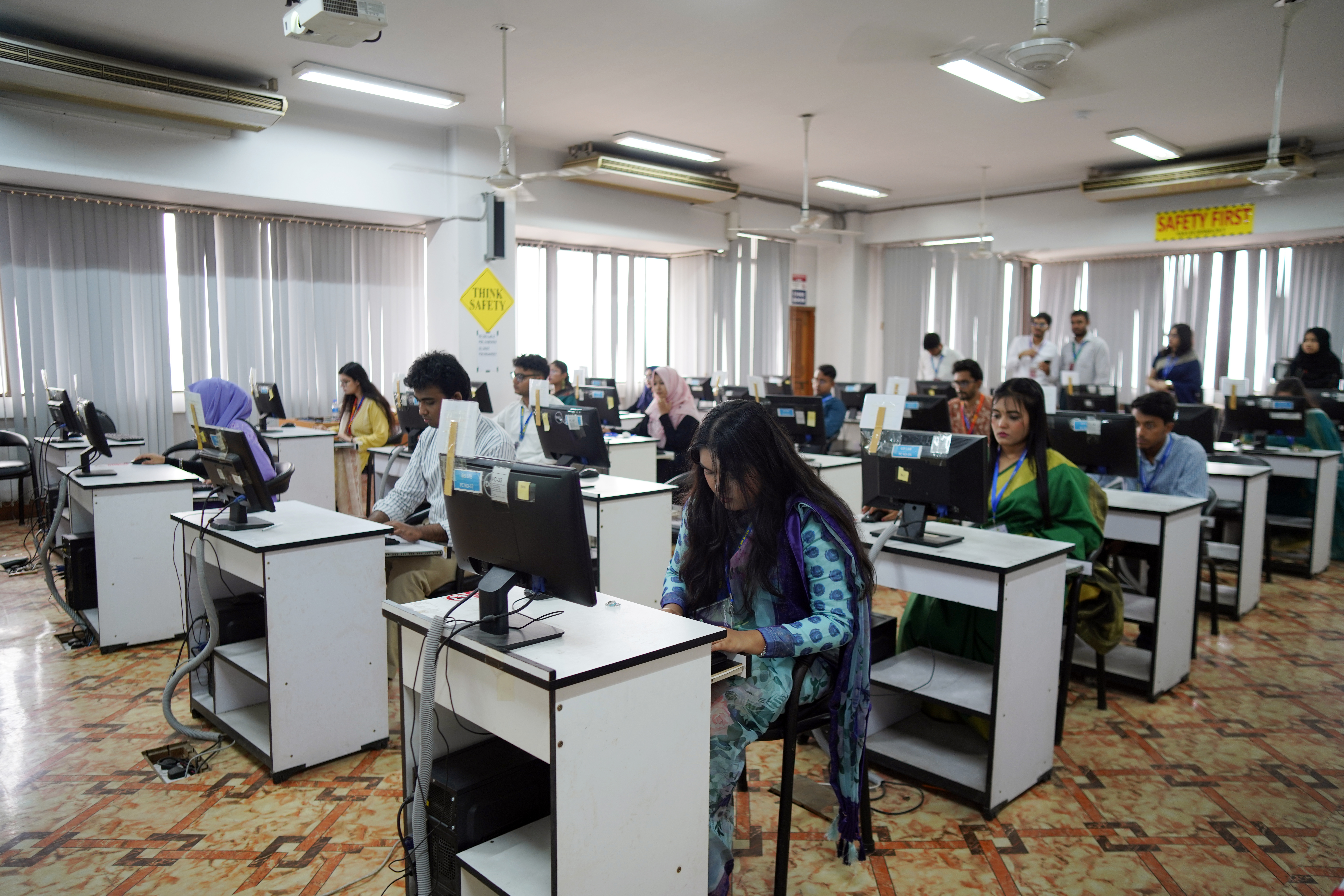
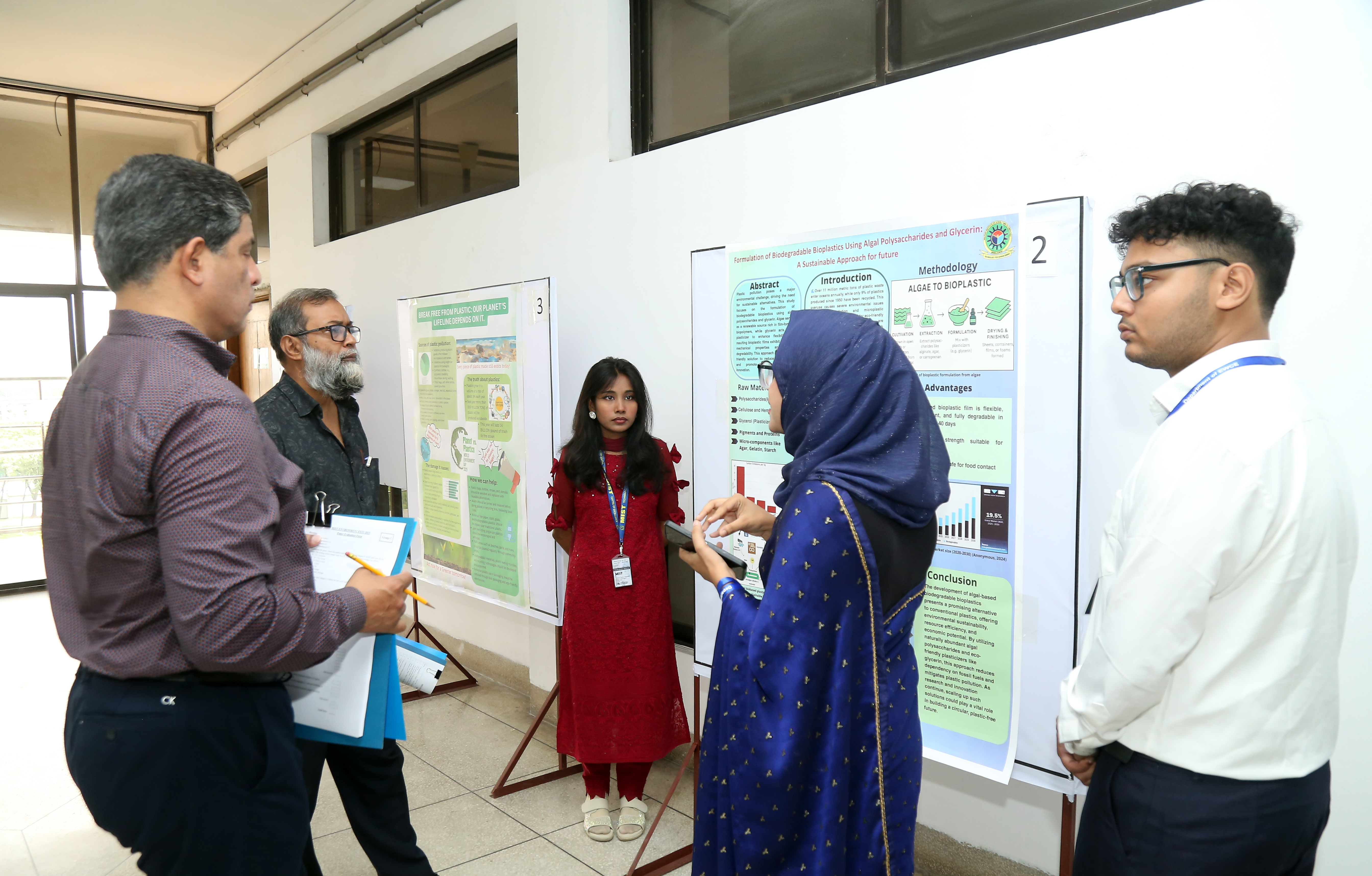
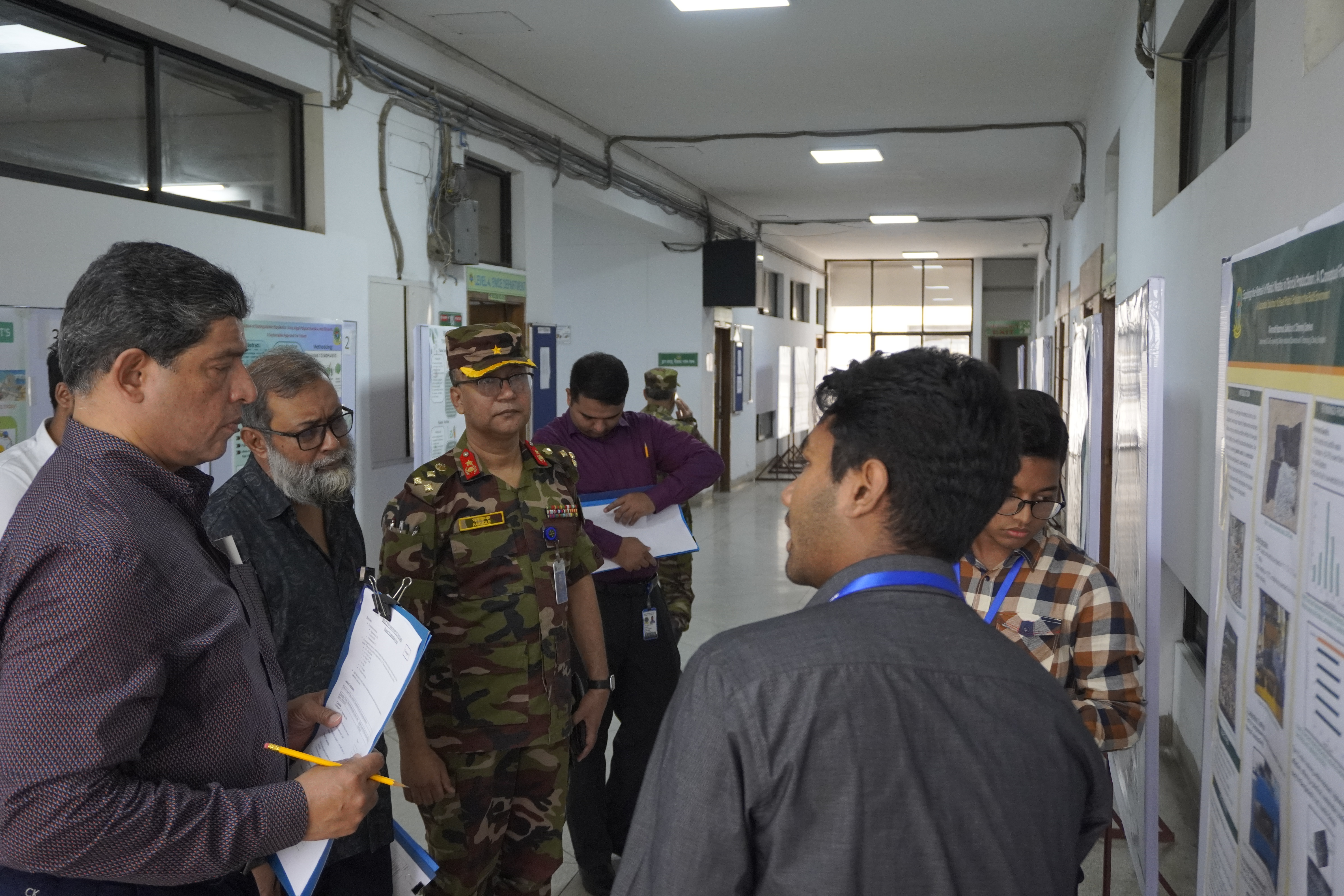


.jpeg)
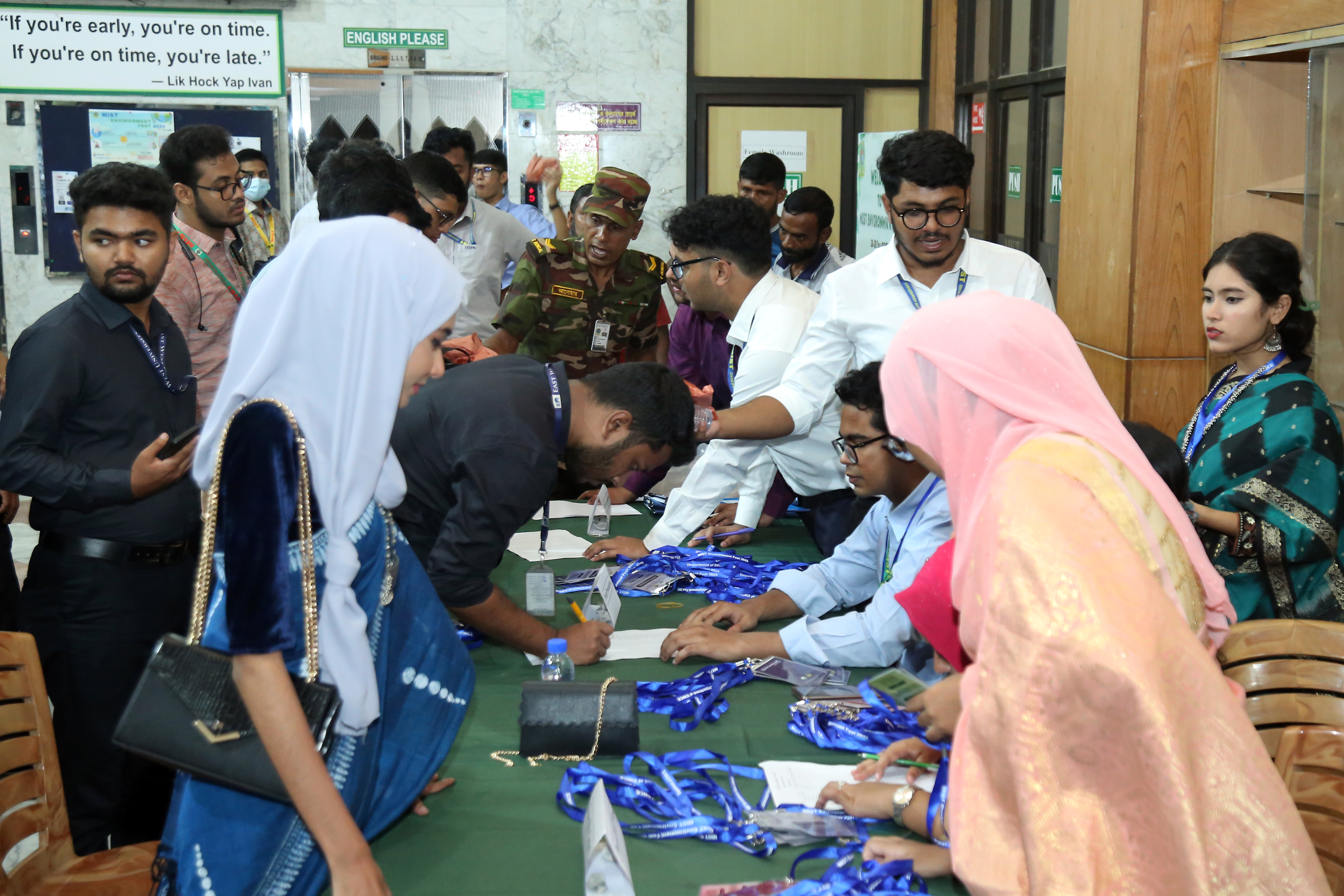
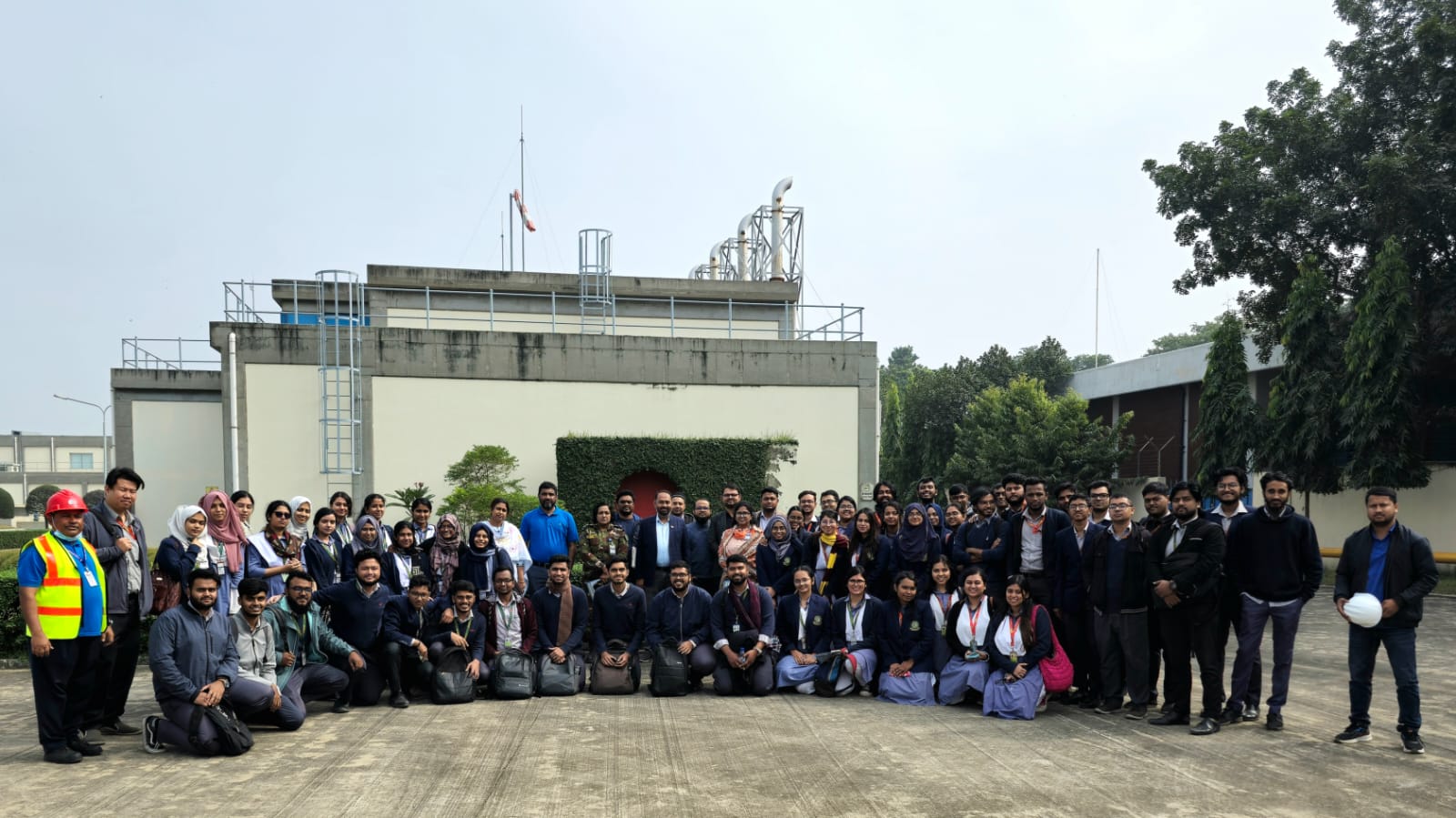
.jpeg)
.jpeg)
.jpeg)
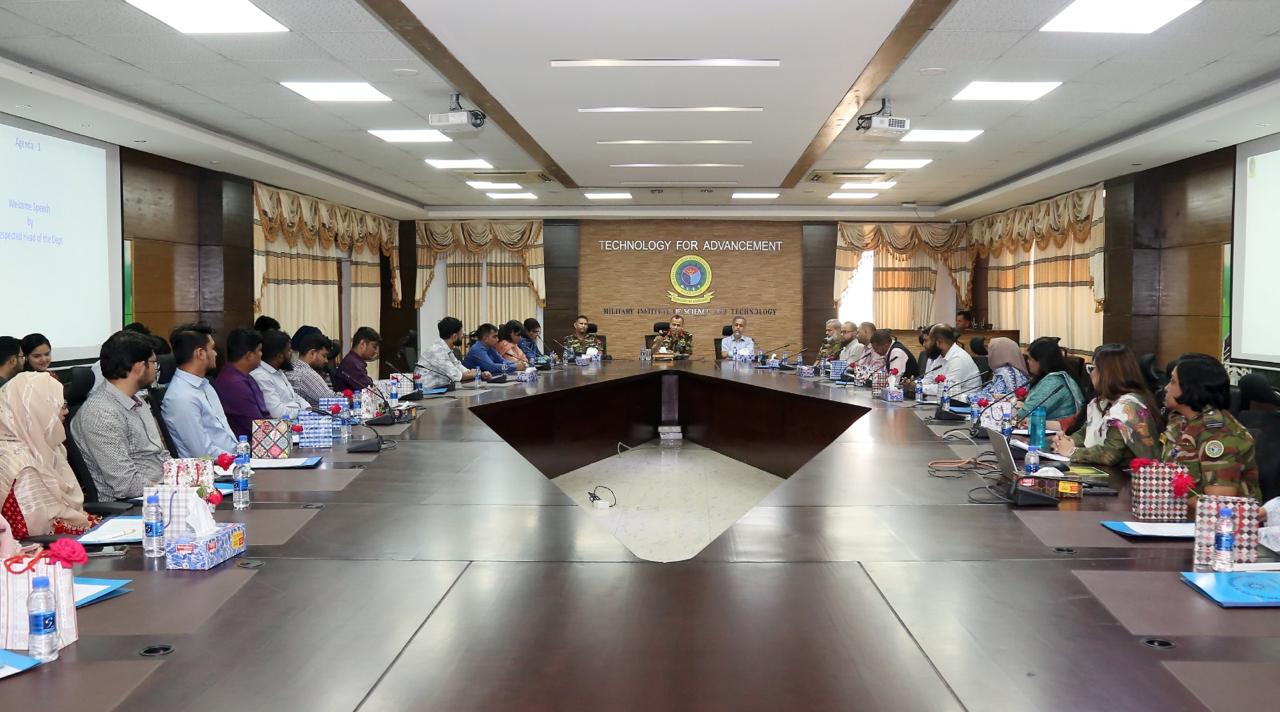
.jpeg)
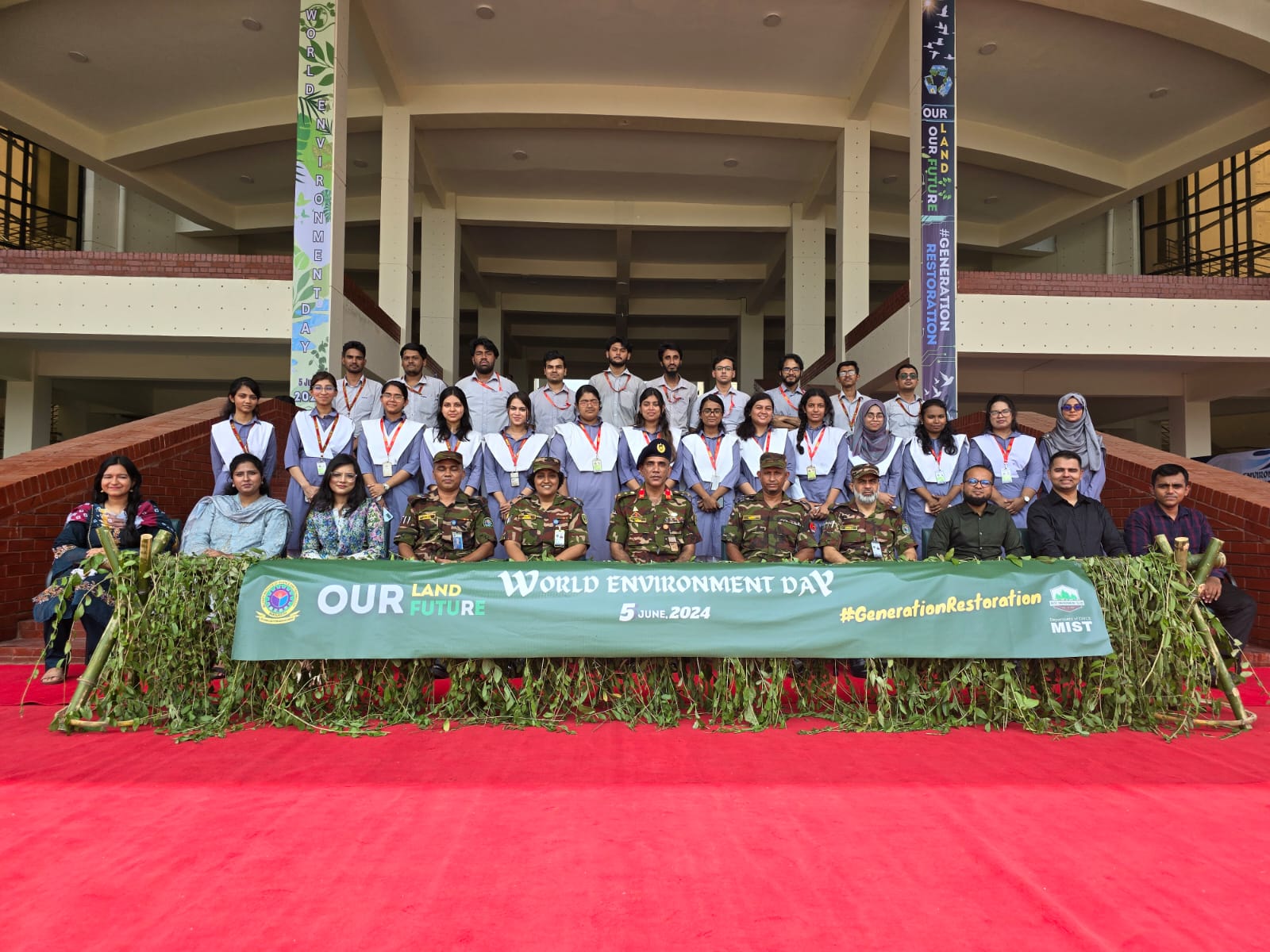
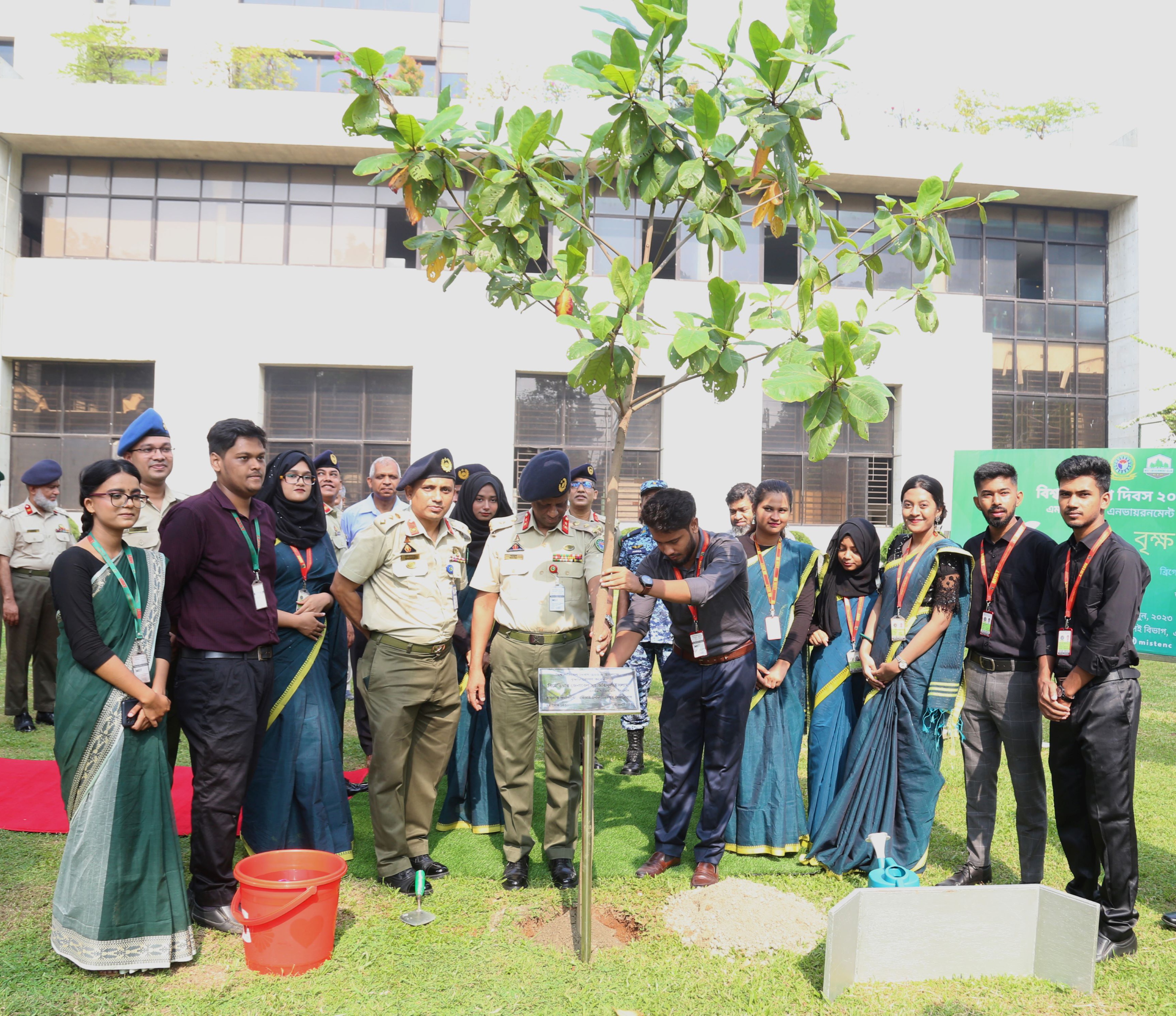

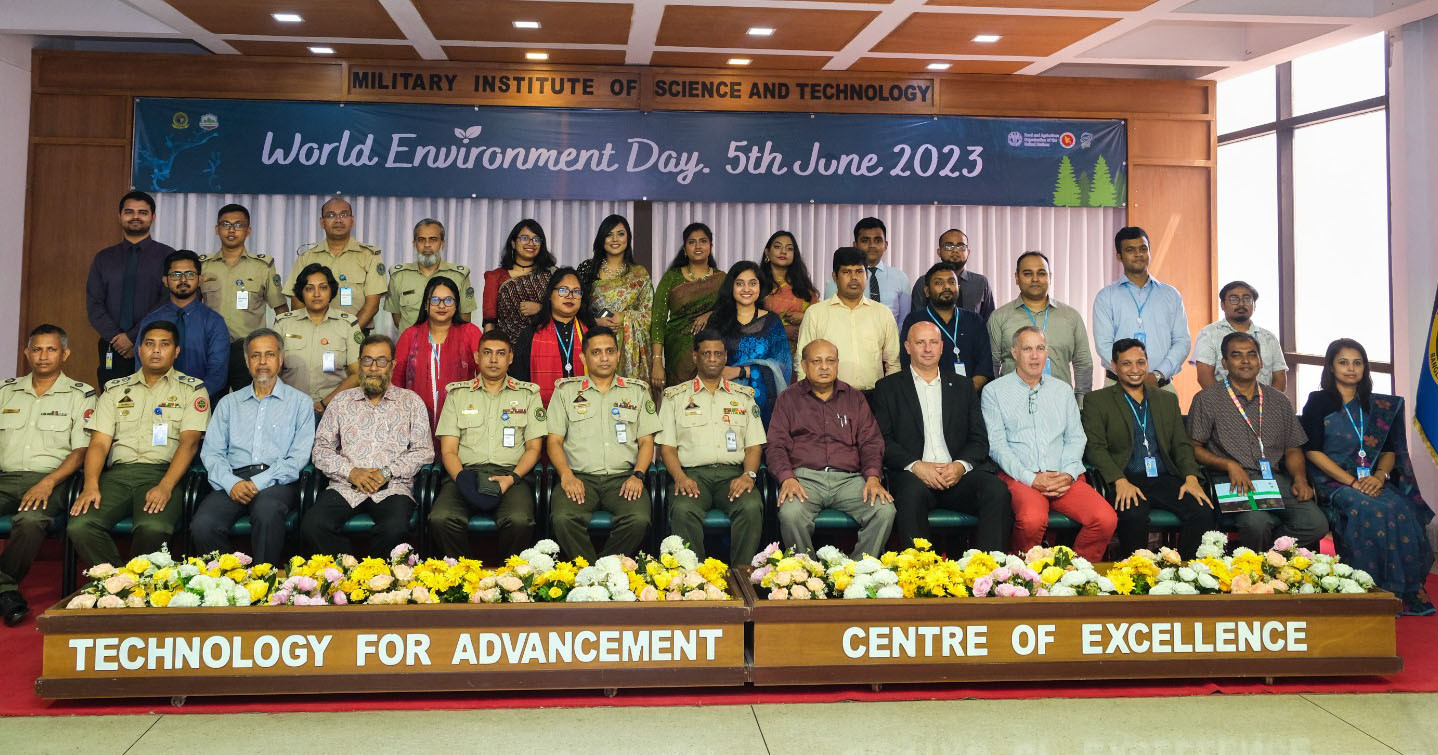
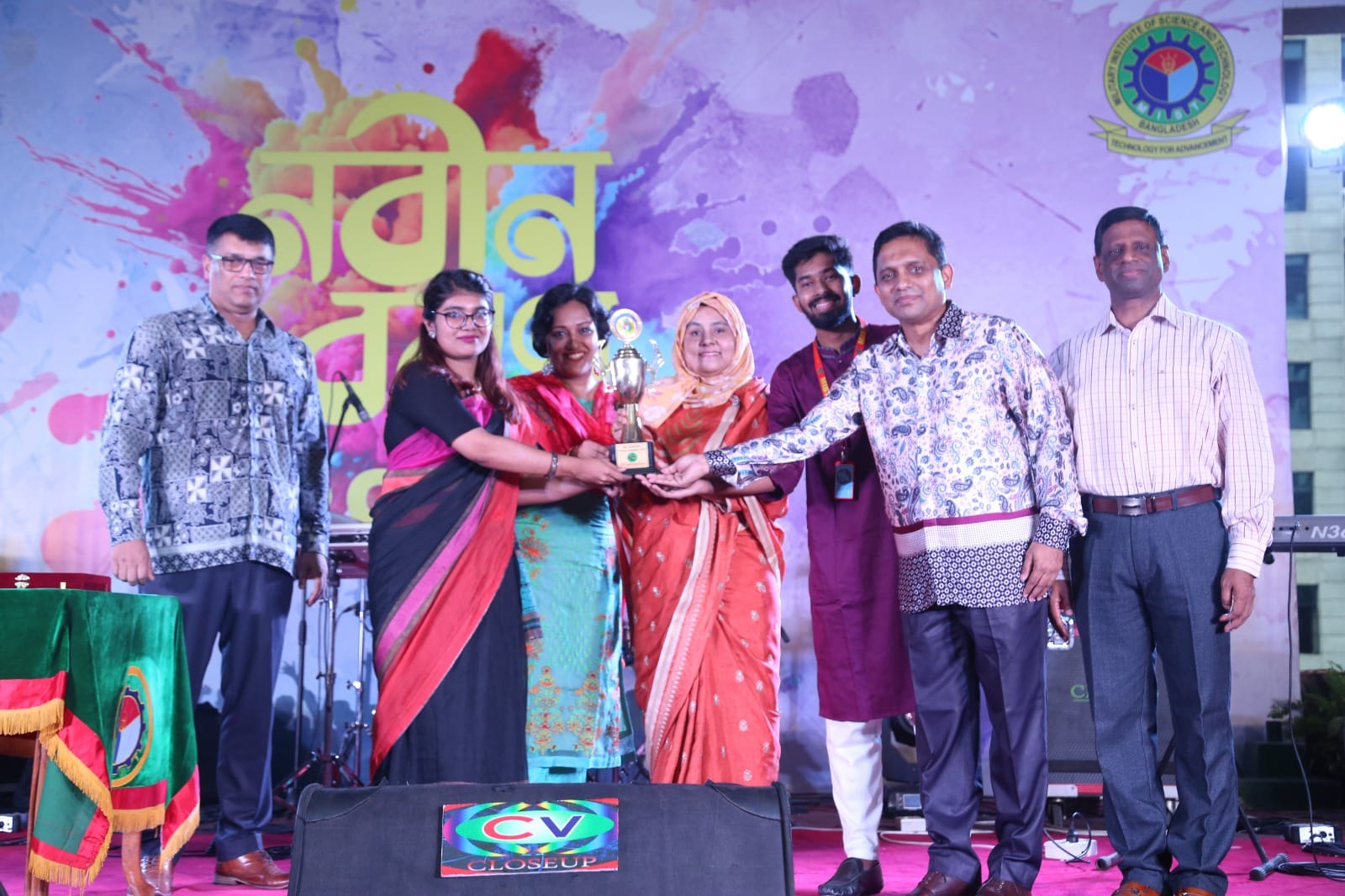

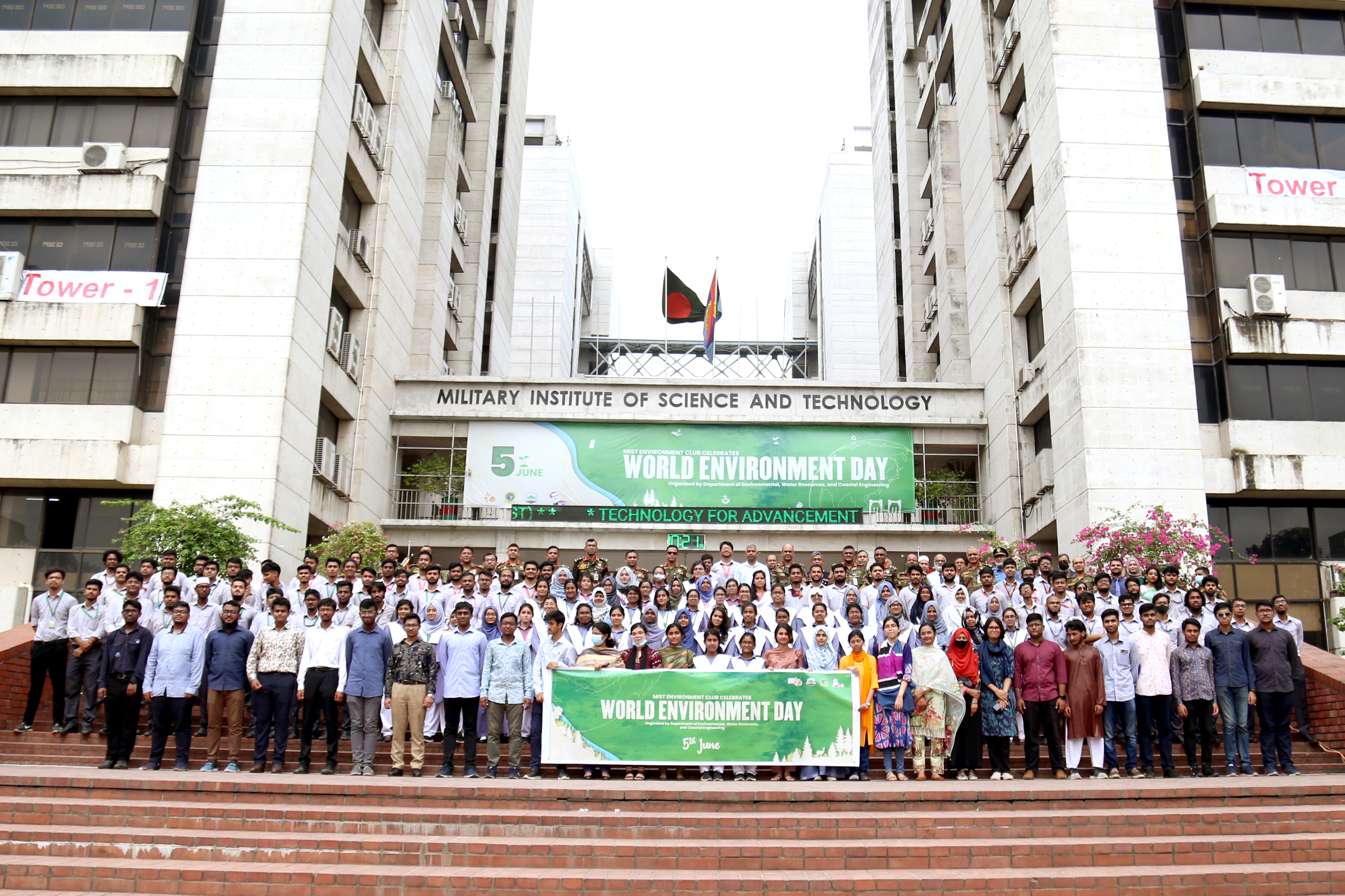
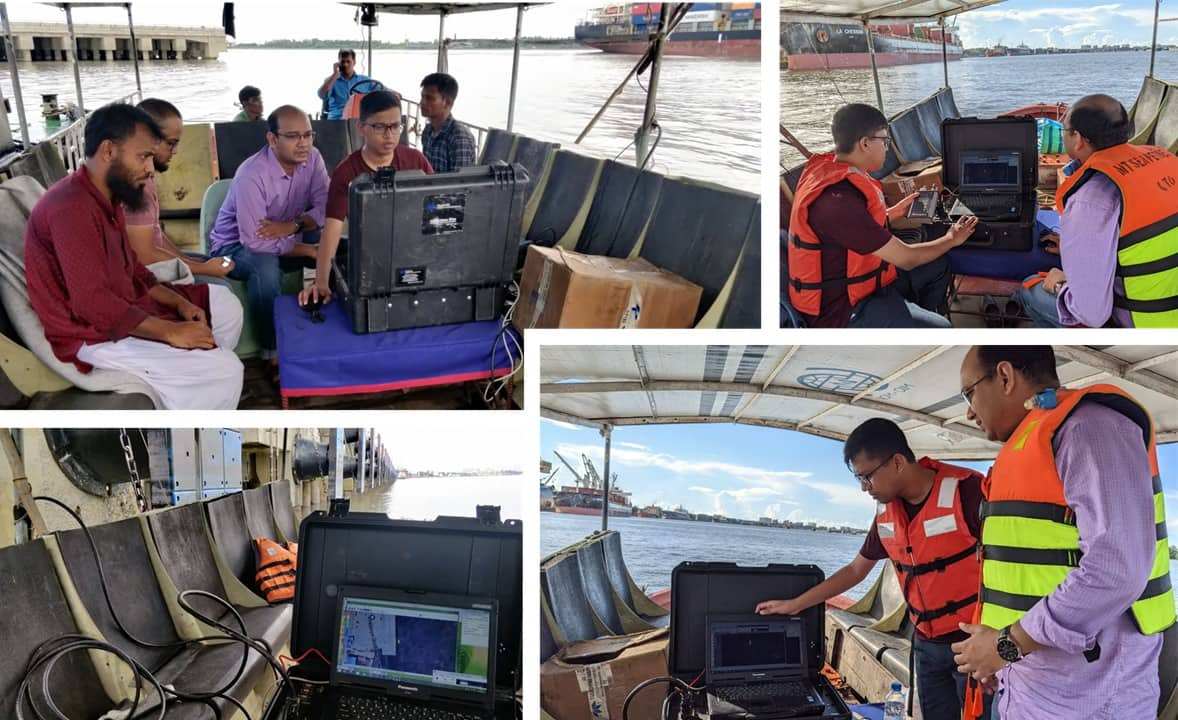
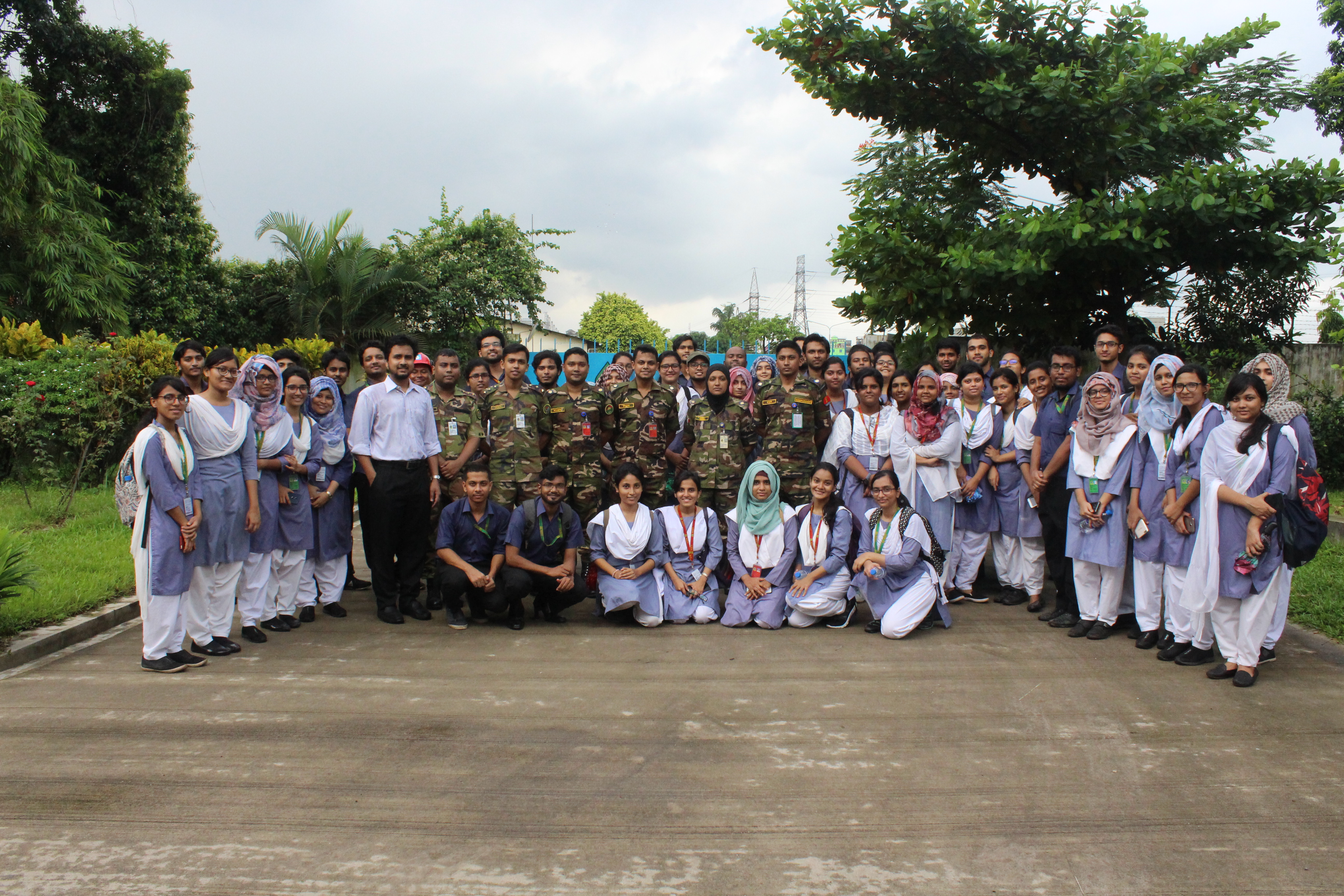
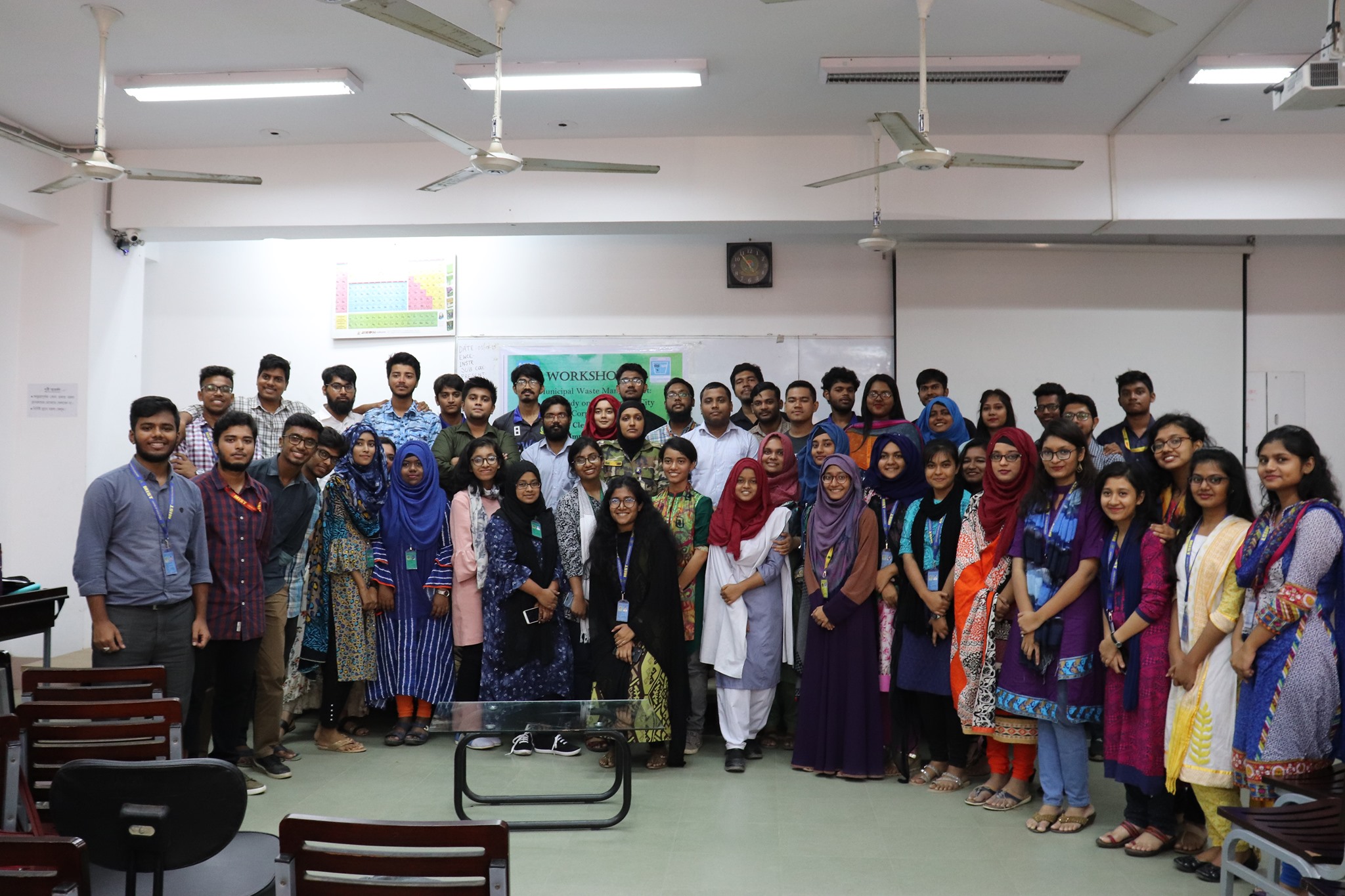
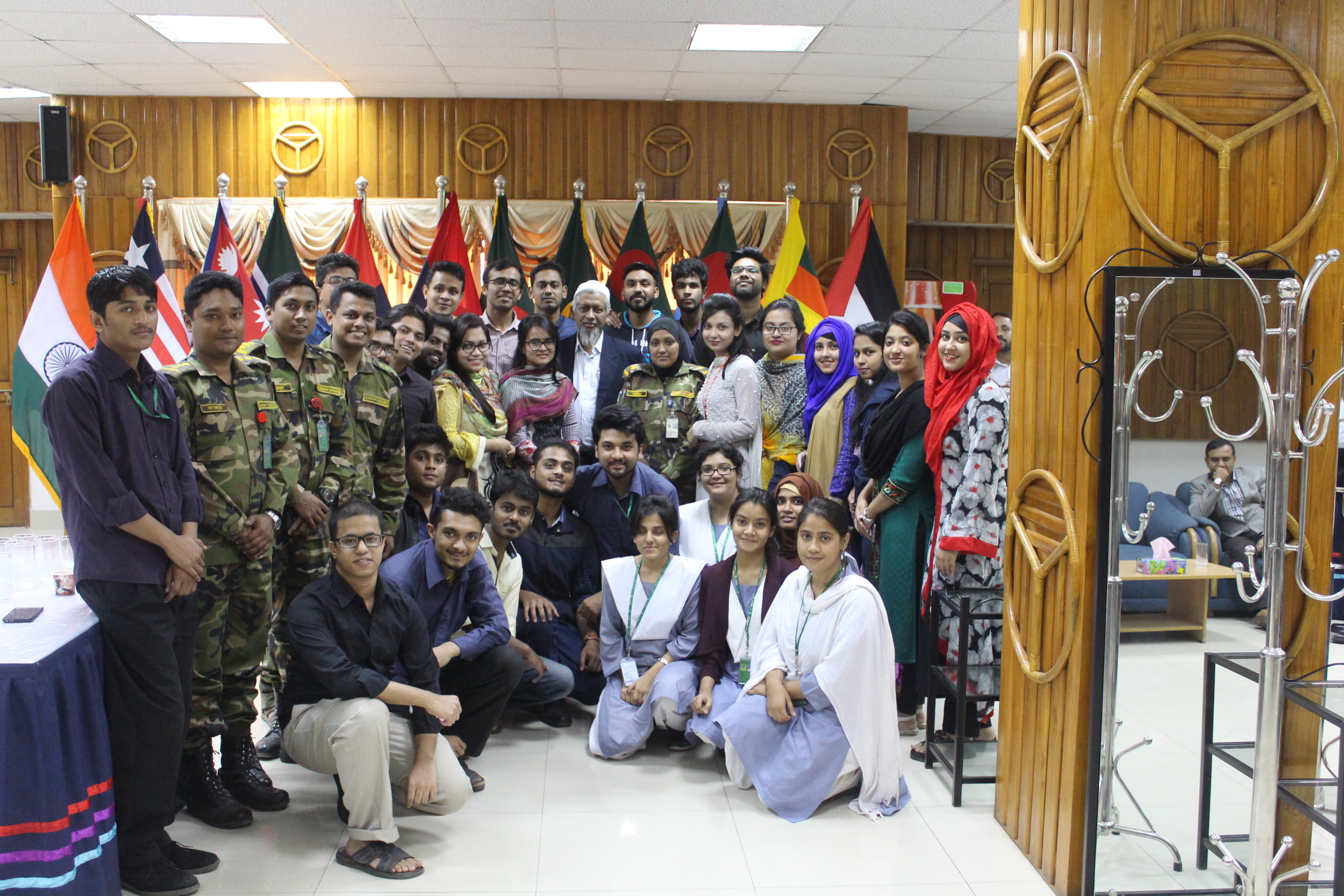

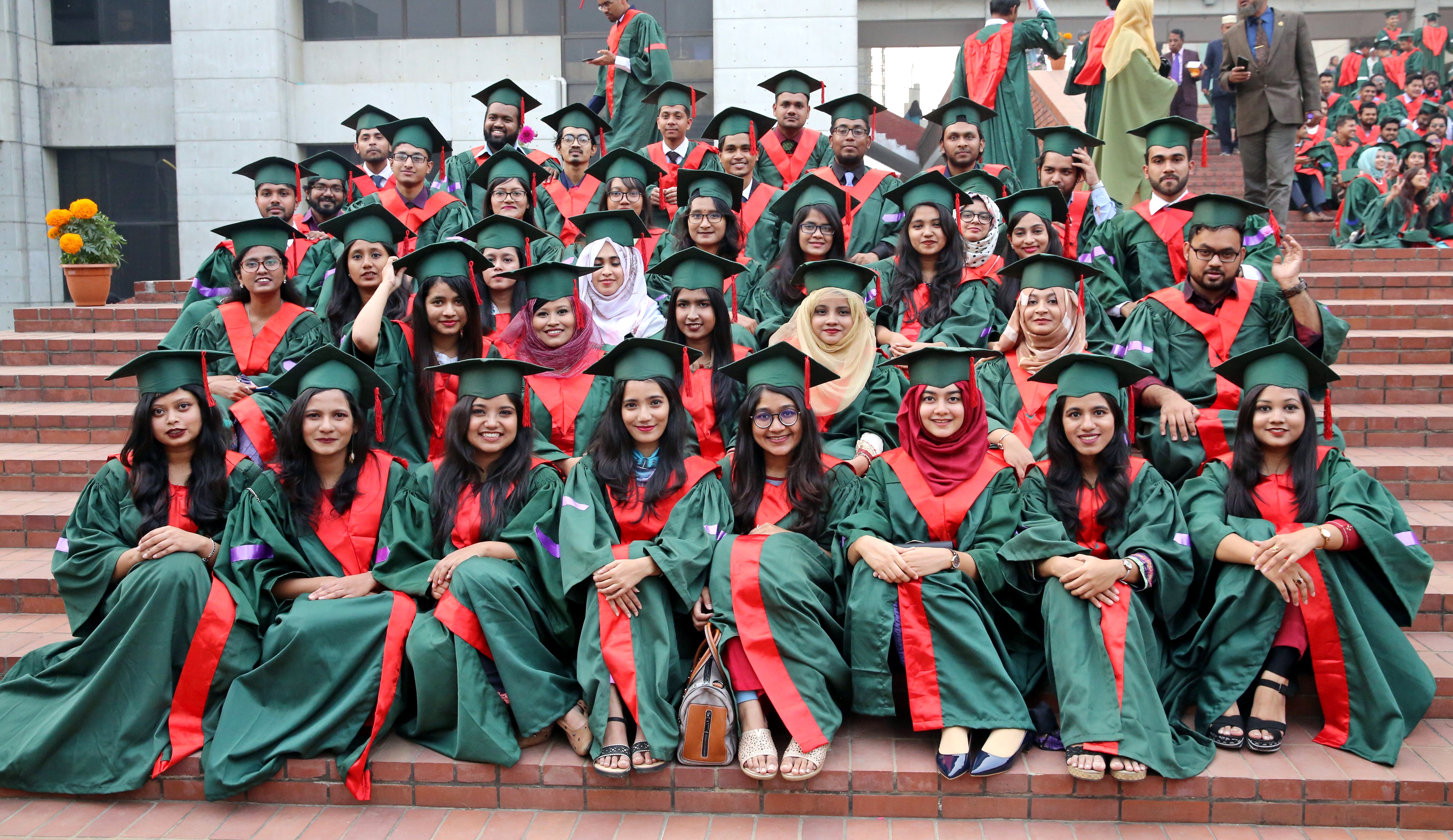
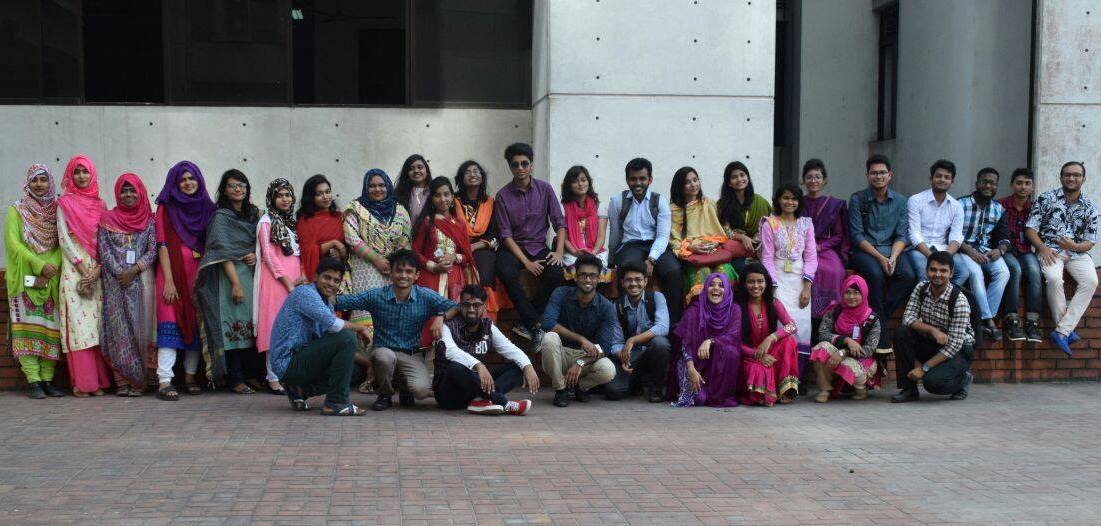
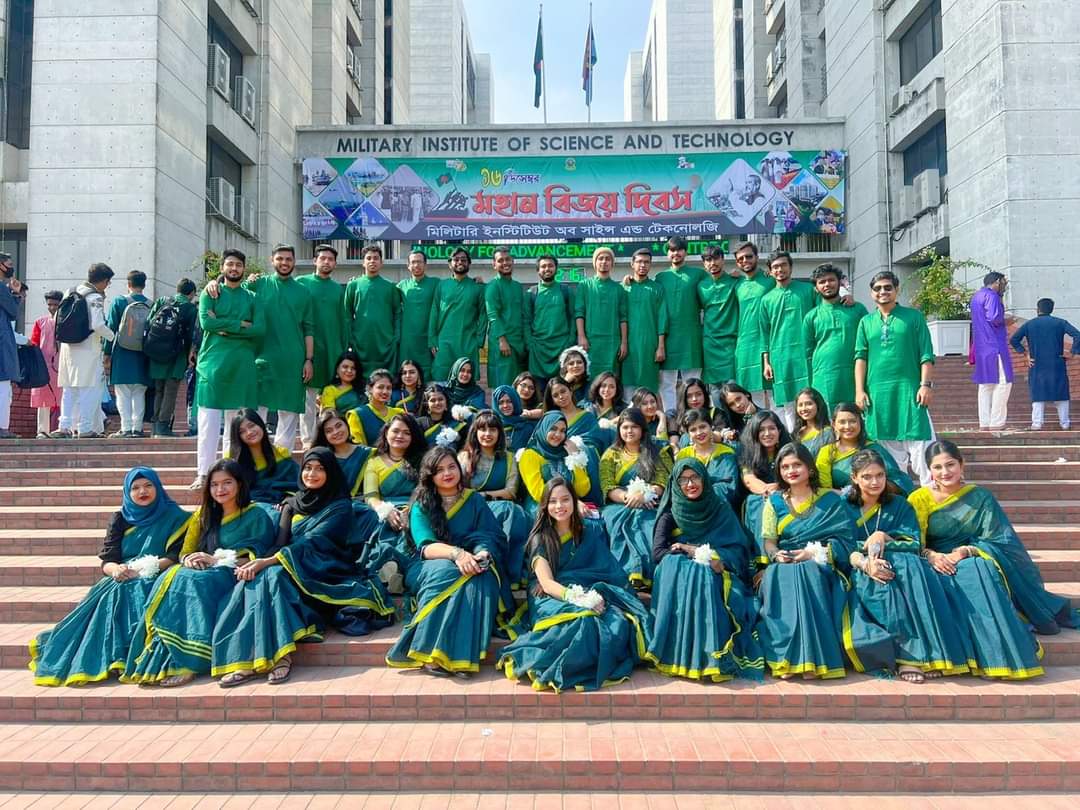
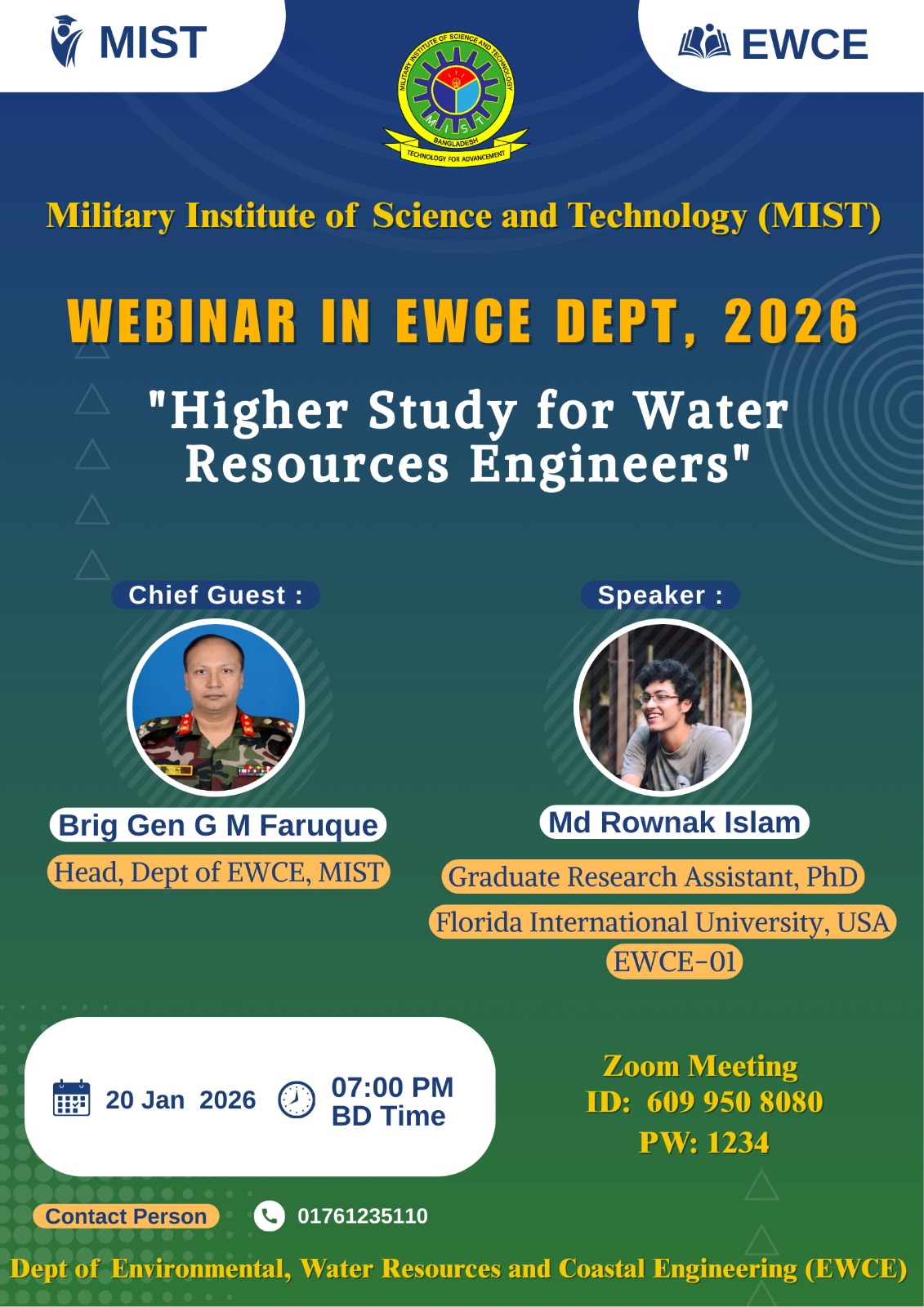


.jpg)
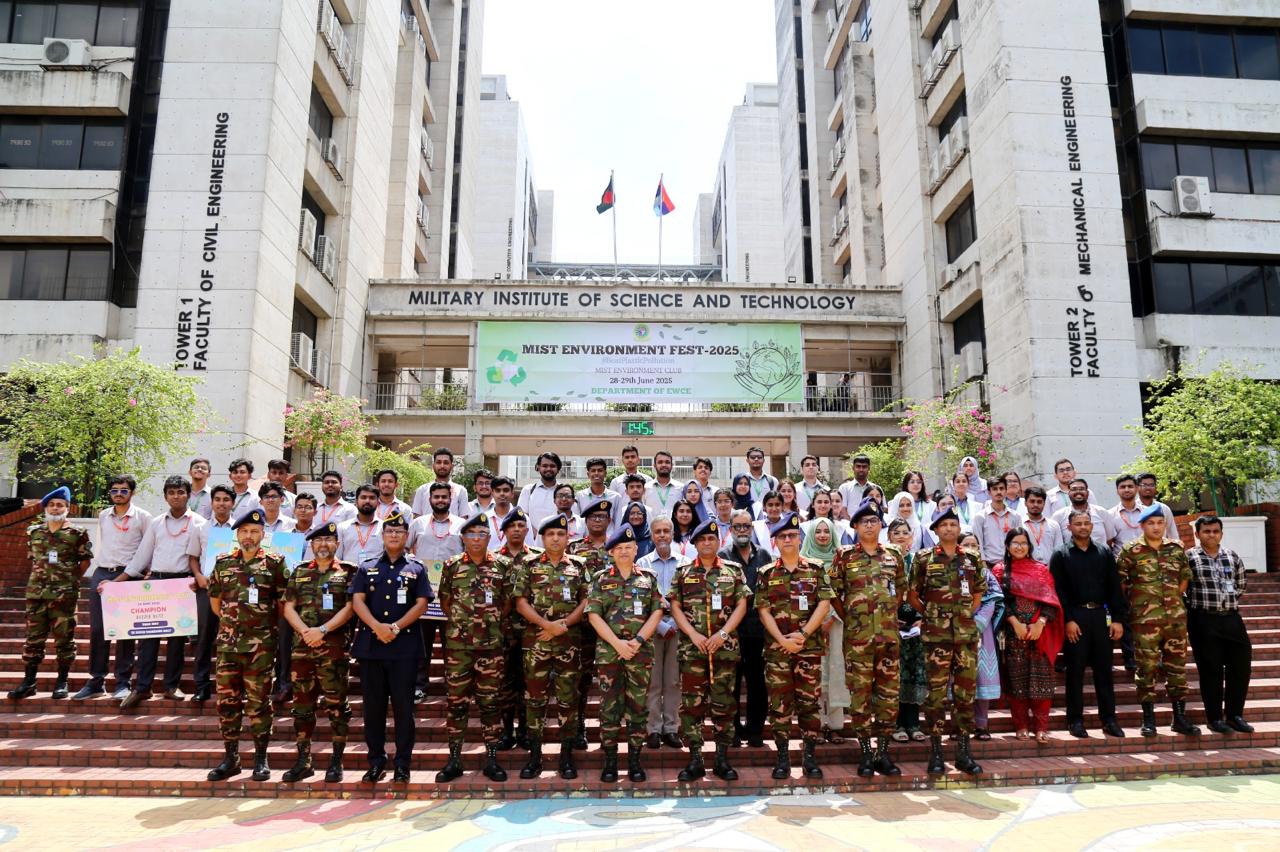
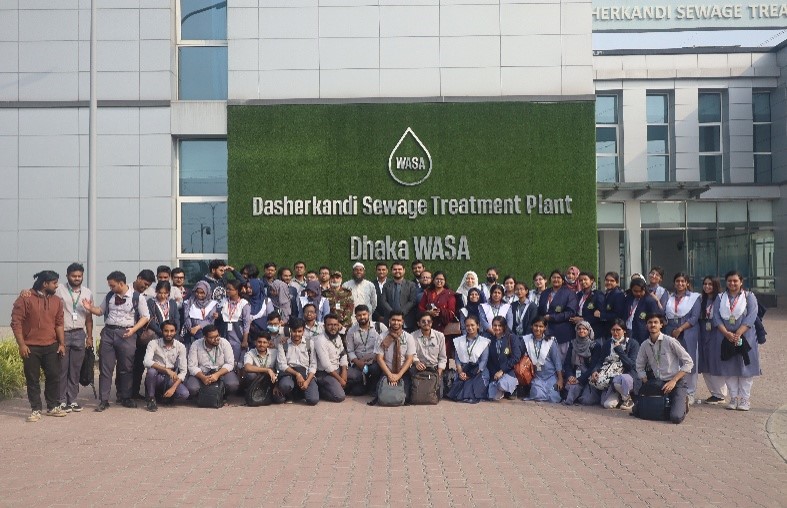
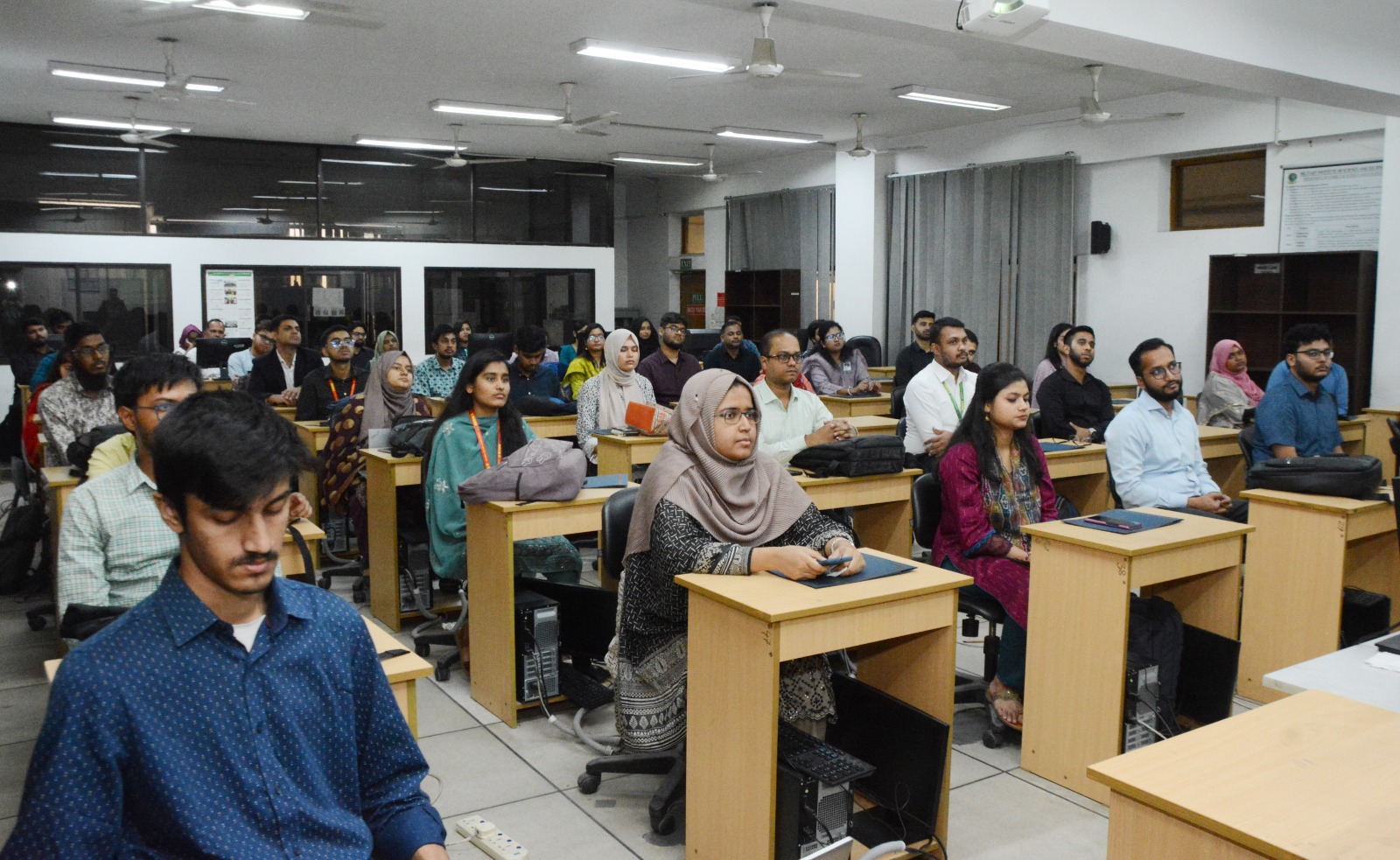
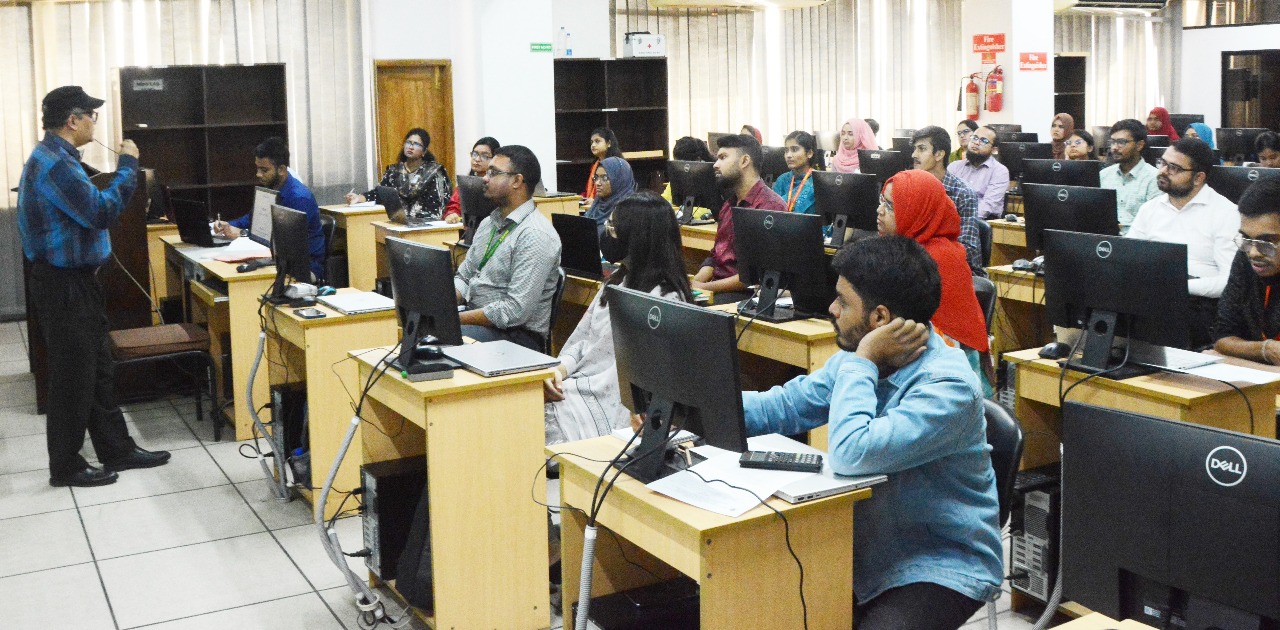


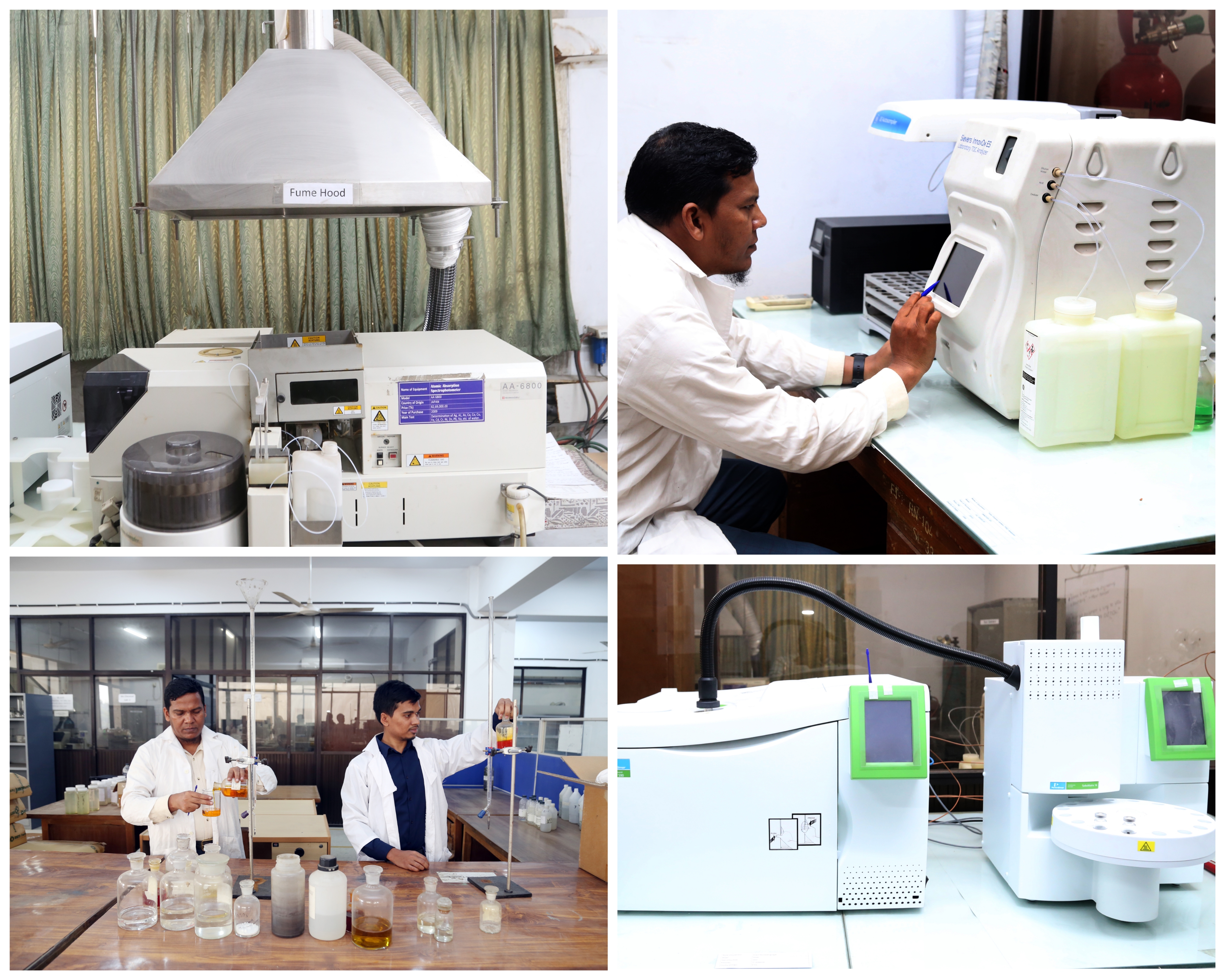

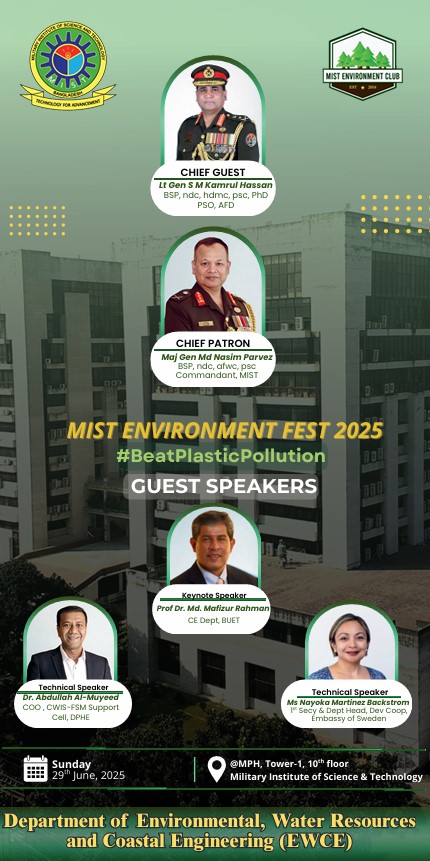
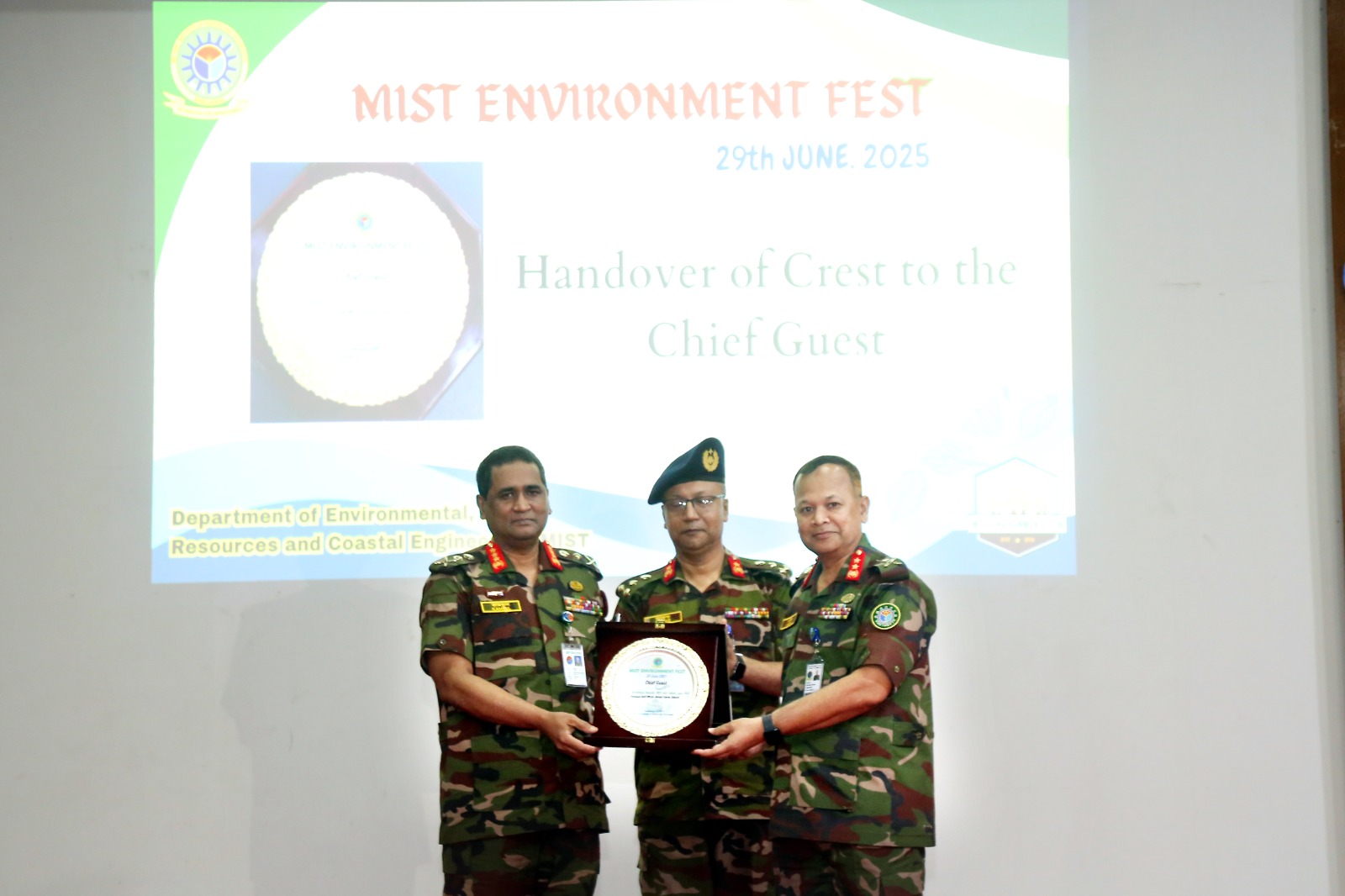
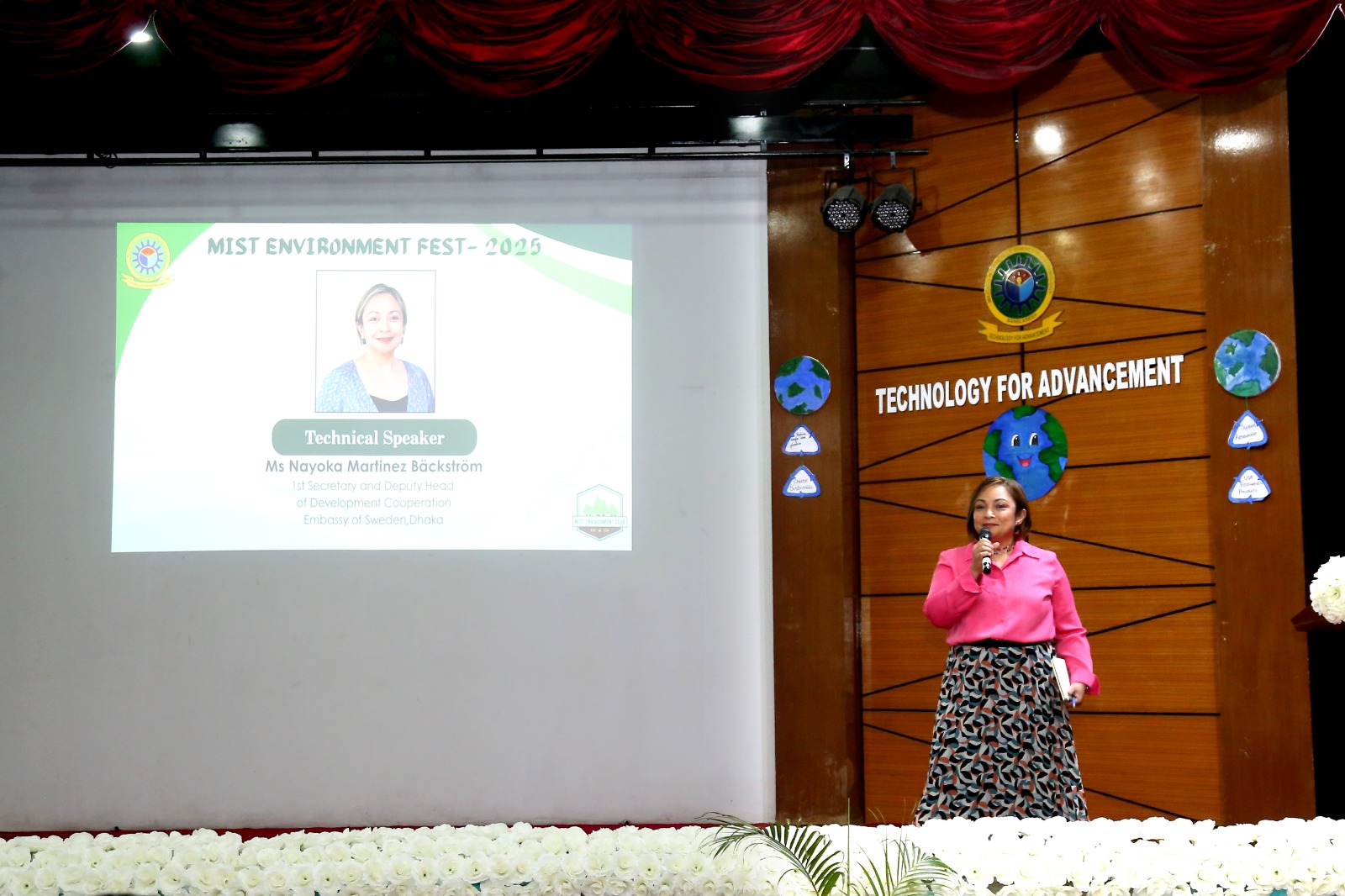
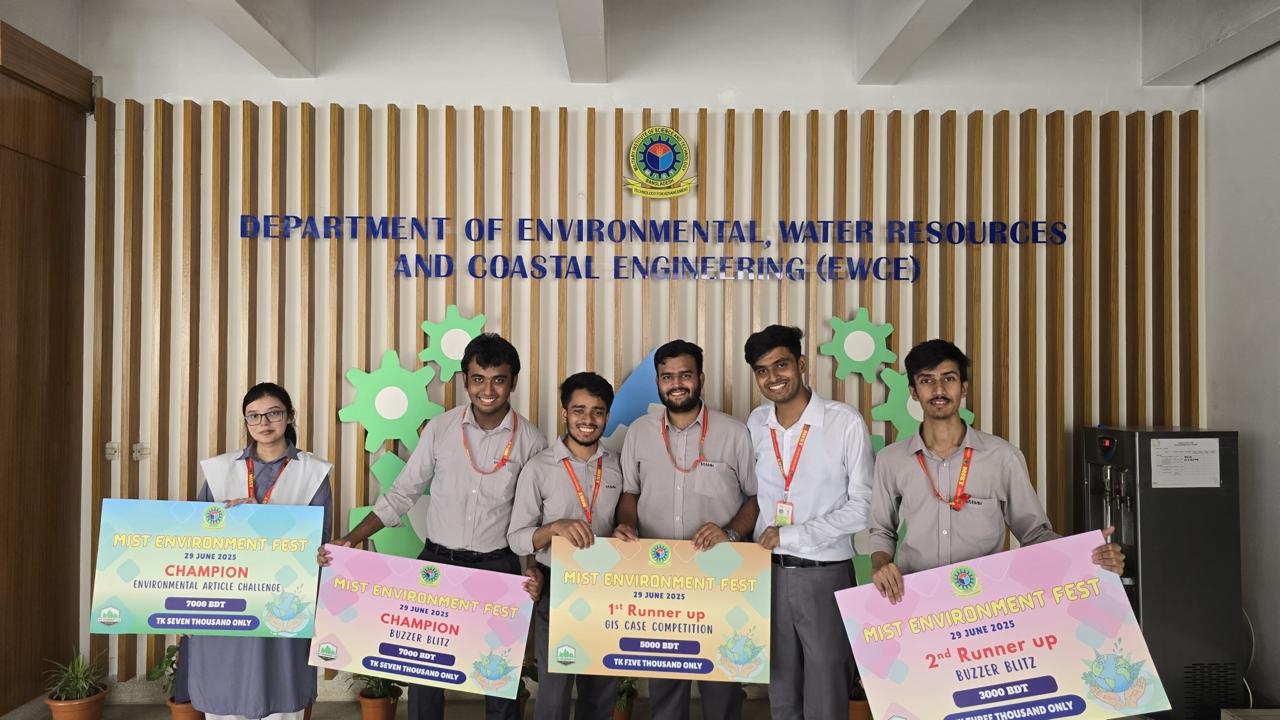
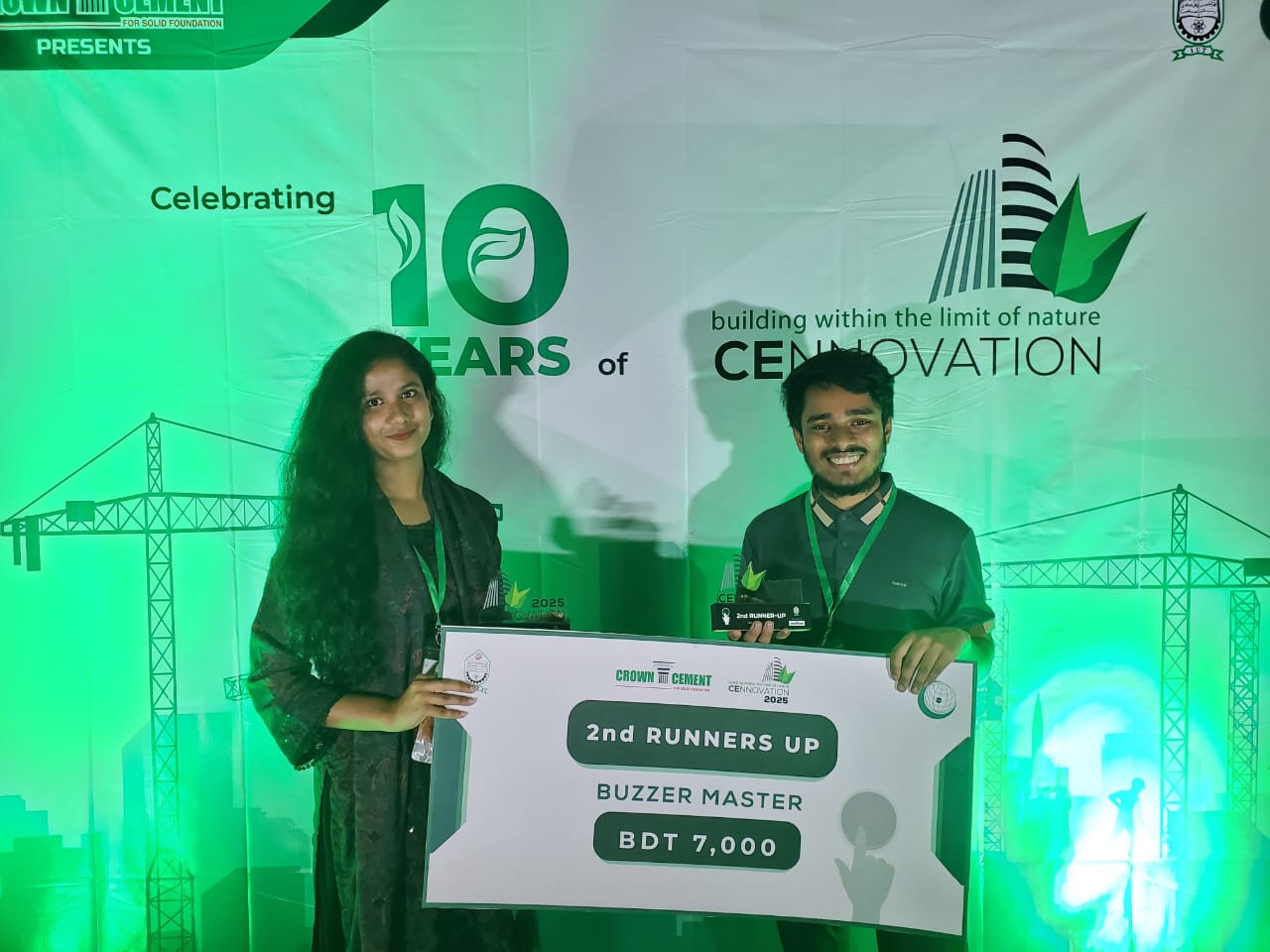

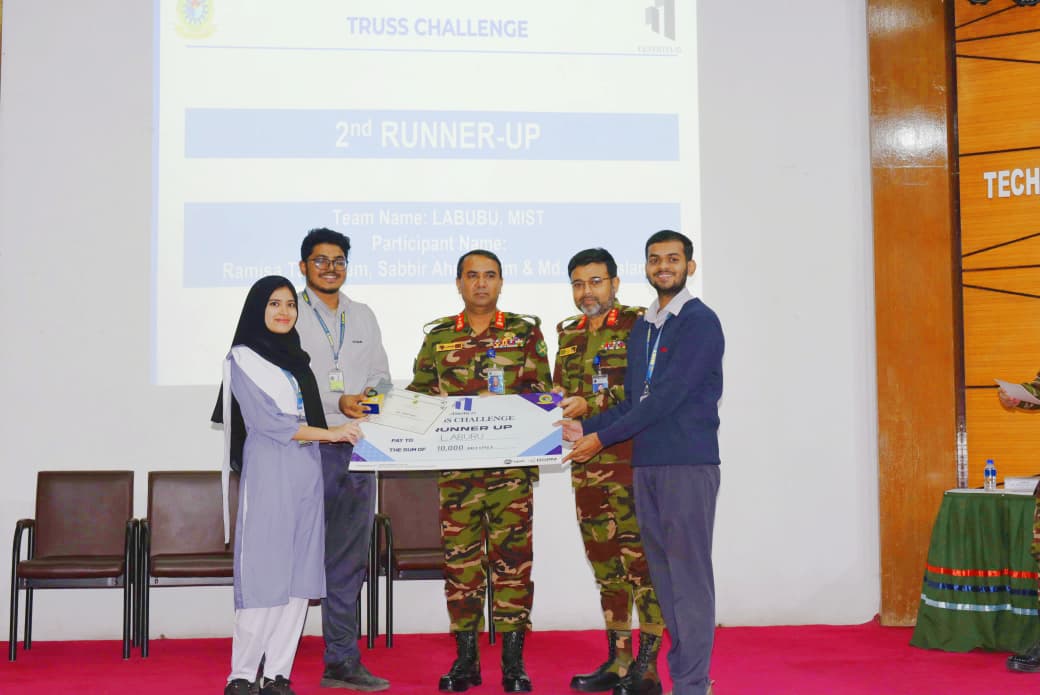
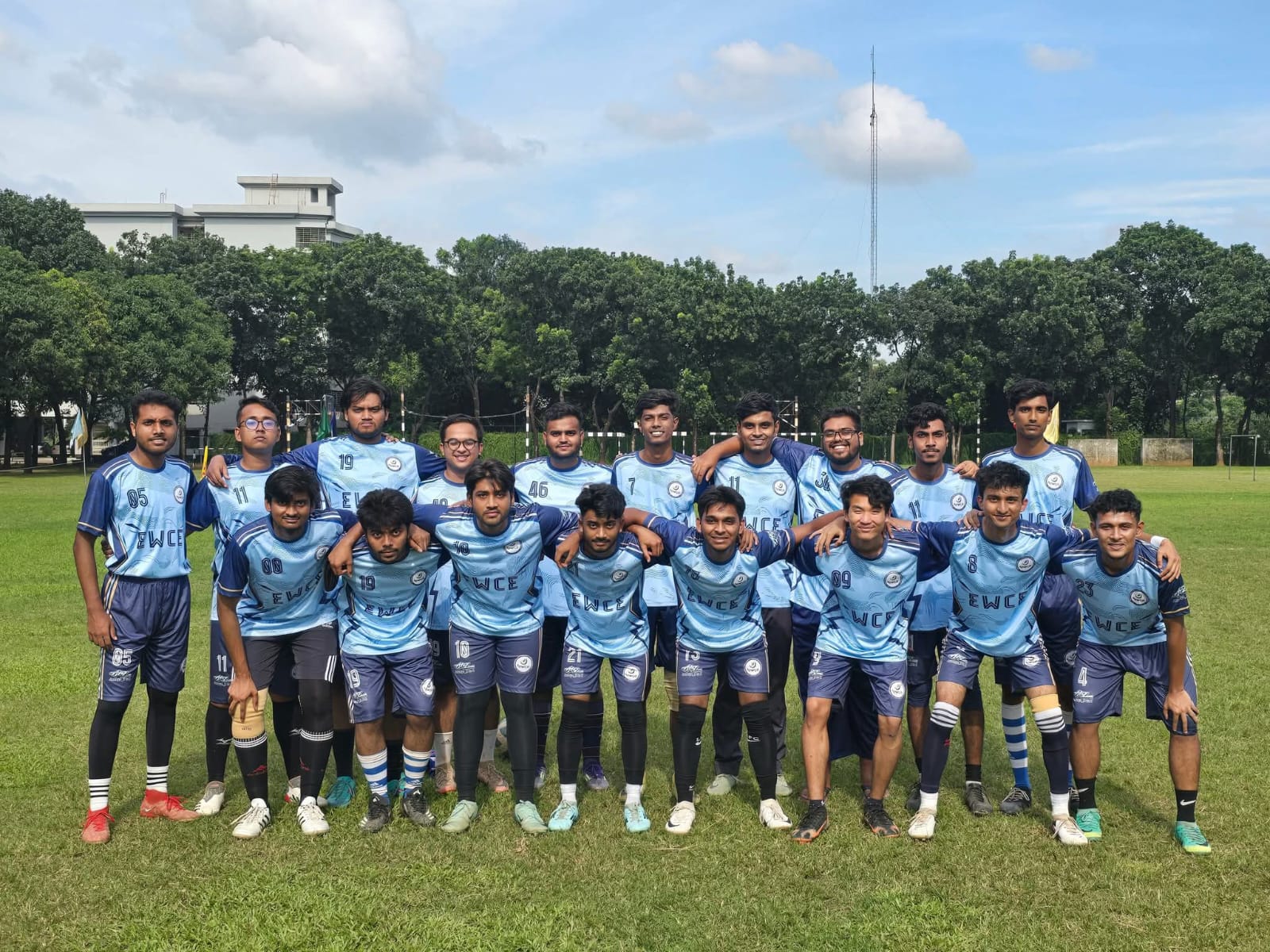


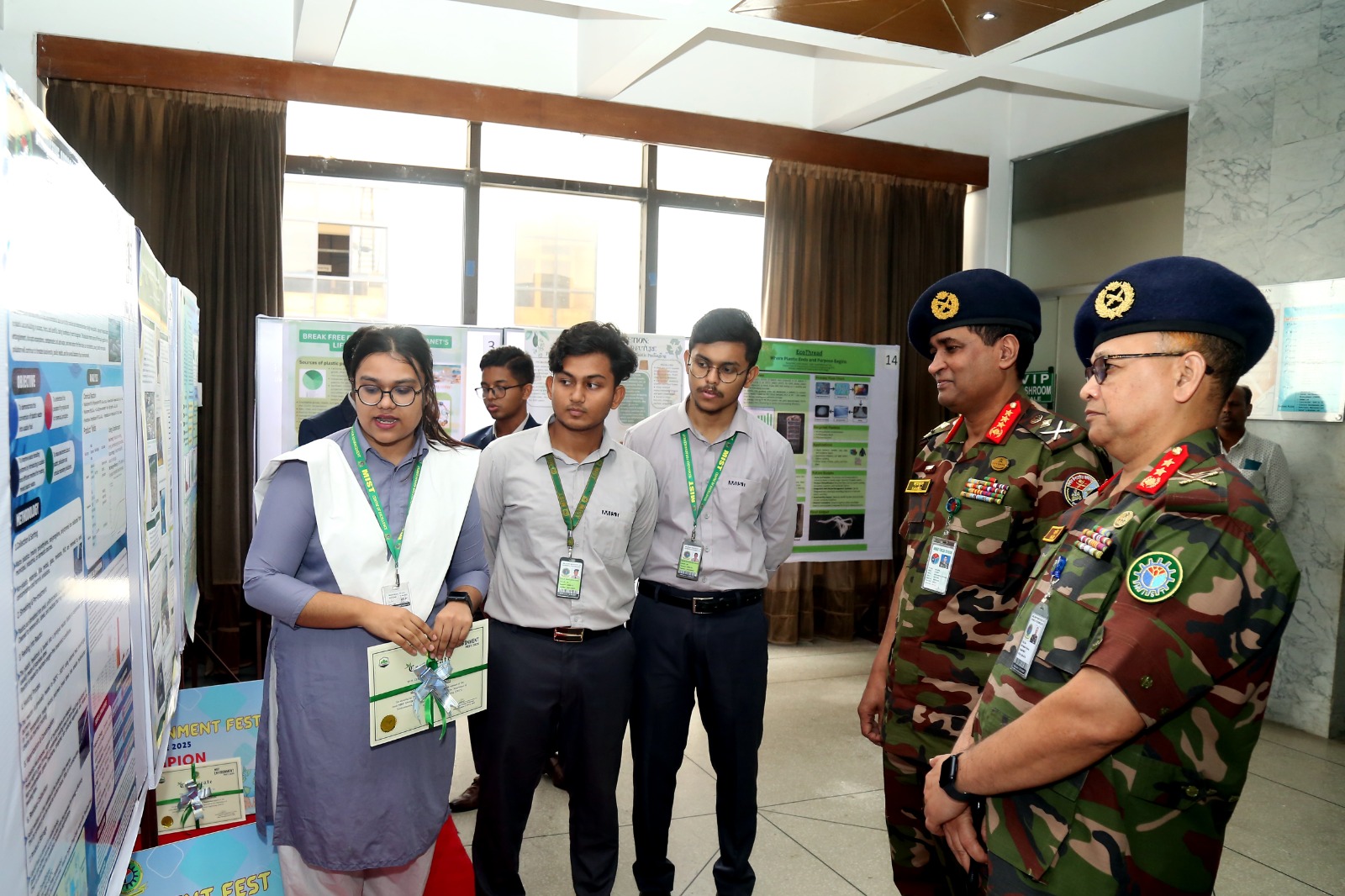
 ’s in Business Administration. Now it has 12 Engineering Departments under 4 Faculties. Environmental, Water Resources and Coastal Engineering Department of MIST was started in 2015. Six batches (from EWCE 1 to EWCE 6) have already passed out from the EWCE Department and forwarding four batches (from EWCE 8 to EWCE 11) are studying currently. The total graduates are two hundred sixty five from EWCE Department MIST, consisting of military officers and civil students from different batches.
’s in Business Administration. Now it has 12 Engineering Departments under 4 Faculties. Environmental, Water Resources and Coastal Engineering Department of MIST was started in 2015. Six batches (from EWCE 1 to EWCE 6) have already passed out from the EWCE Department and forwarding four batches (from EWCE 8 to EWCE 11) are studying currently. The total graduates are two hundred sixty five from EWCE Department MIST, consisting of military officers and civil students from different batches.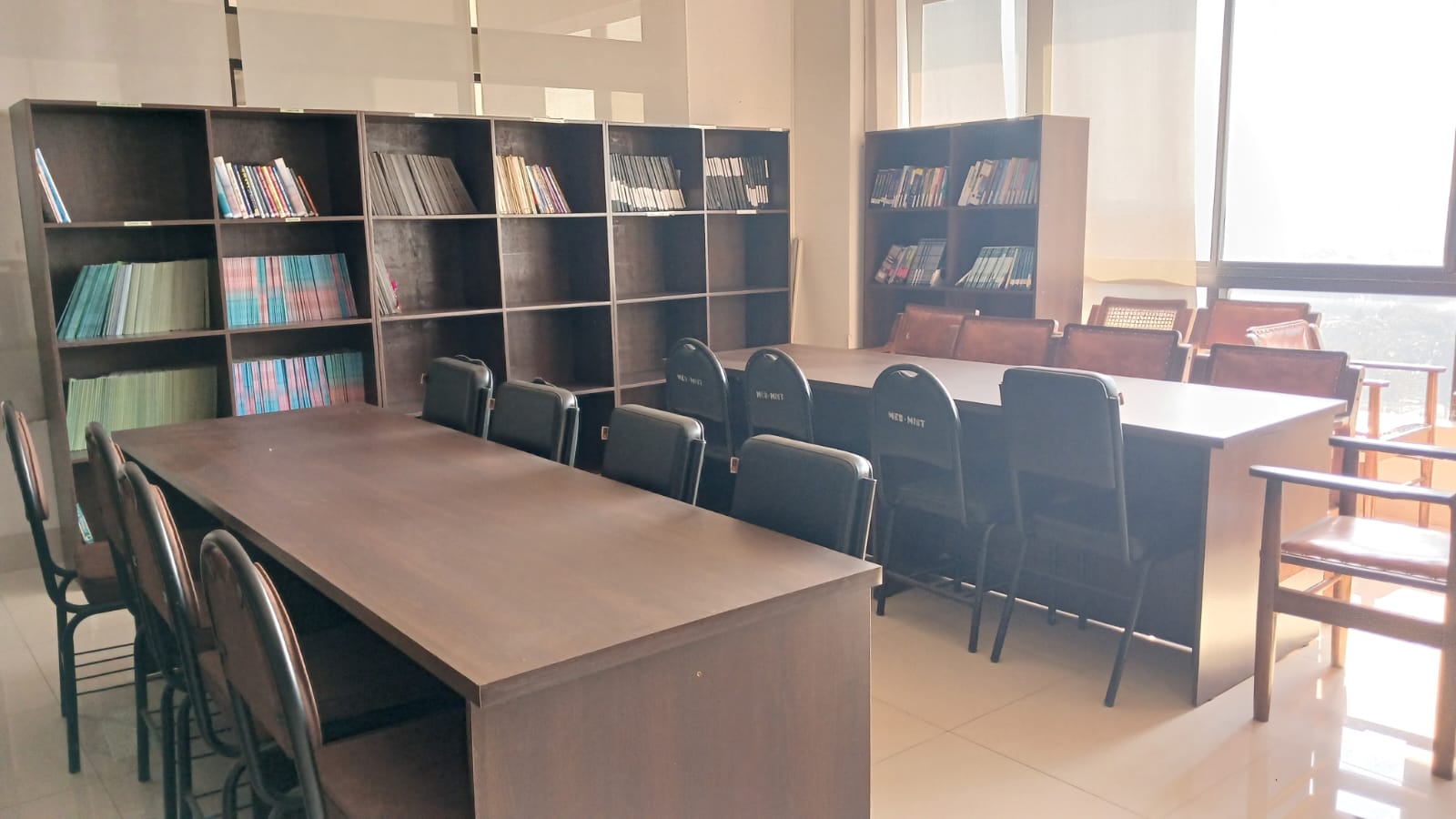

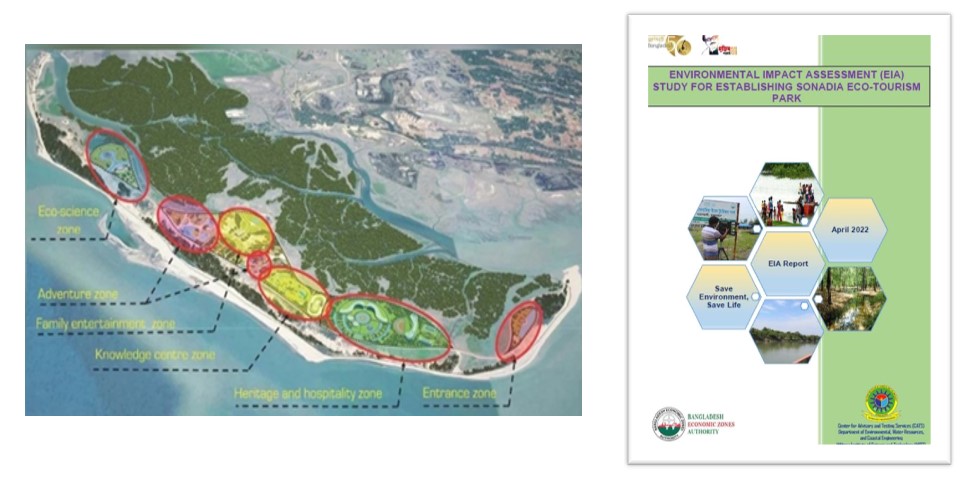
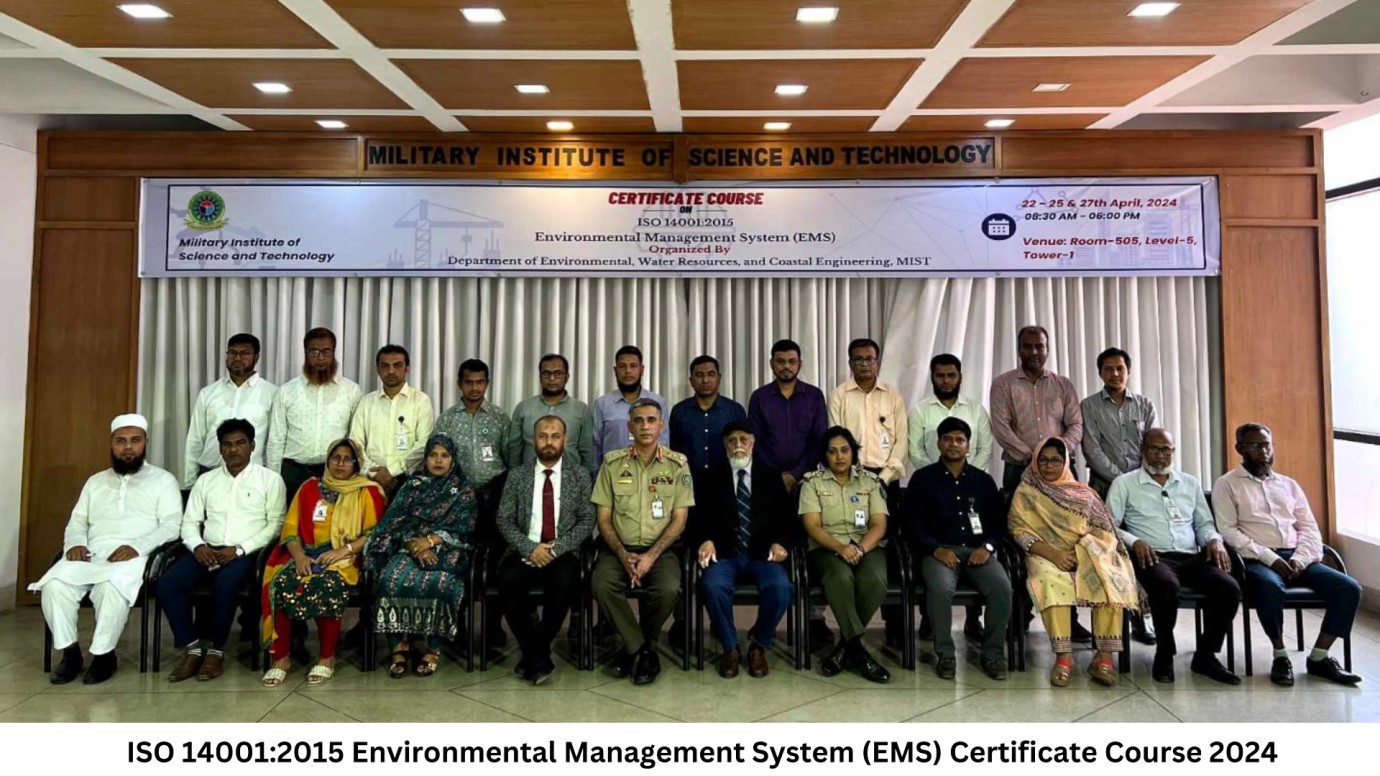
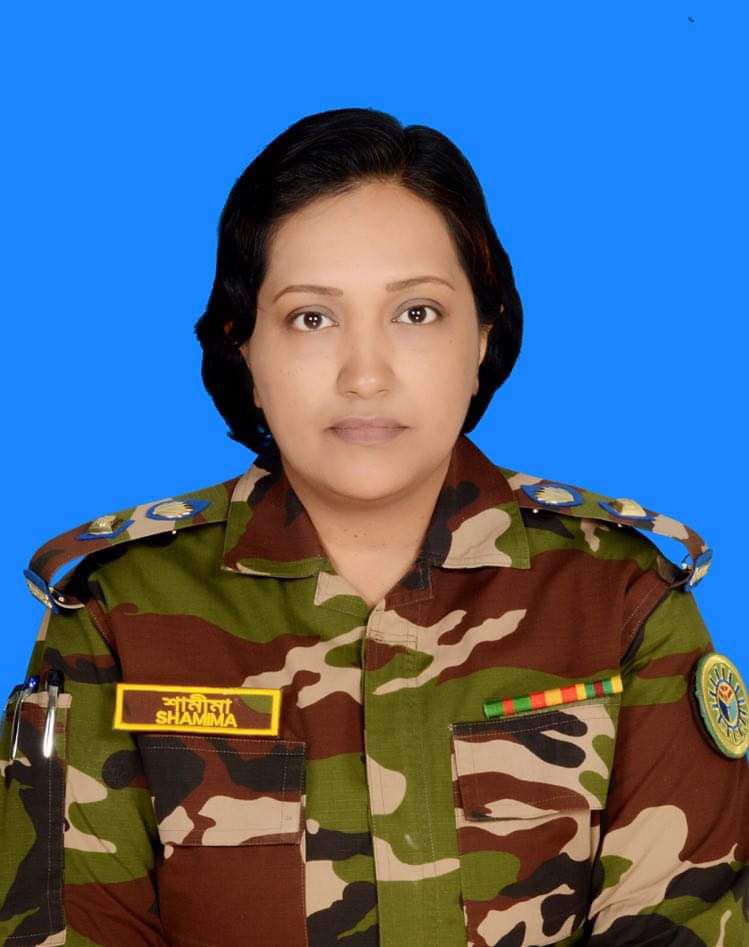




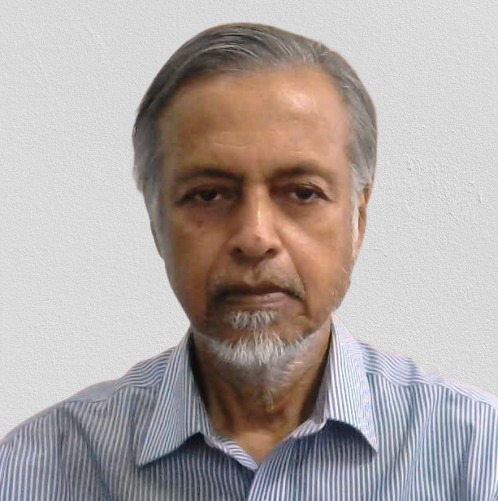
.jpg)
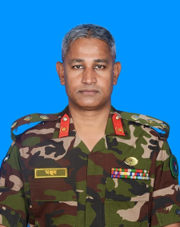
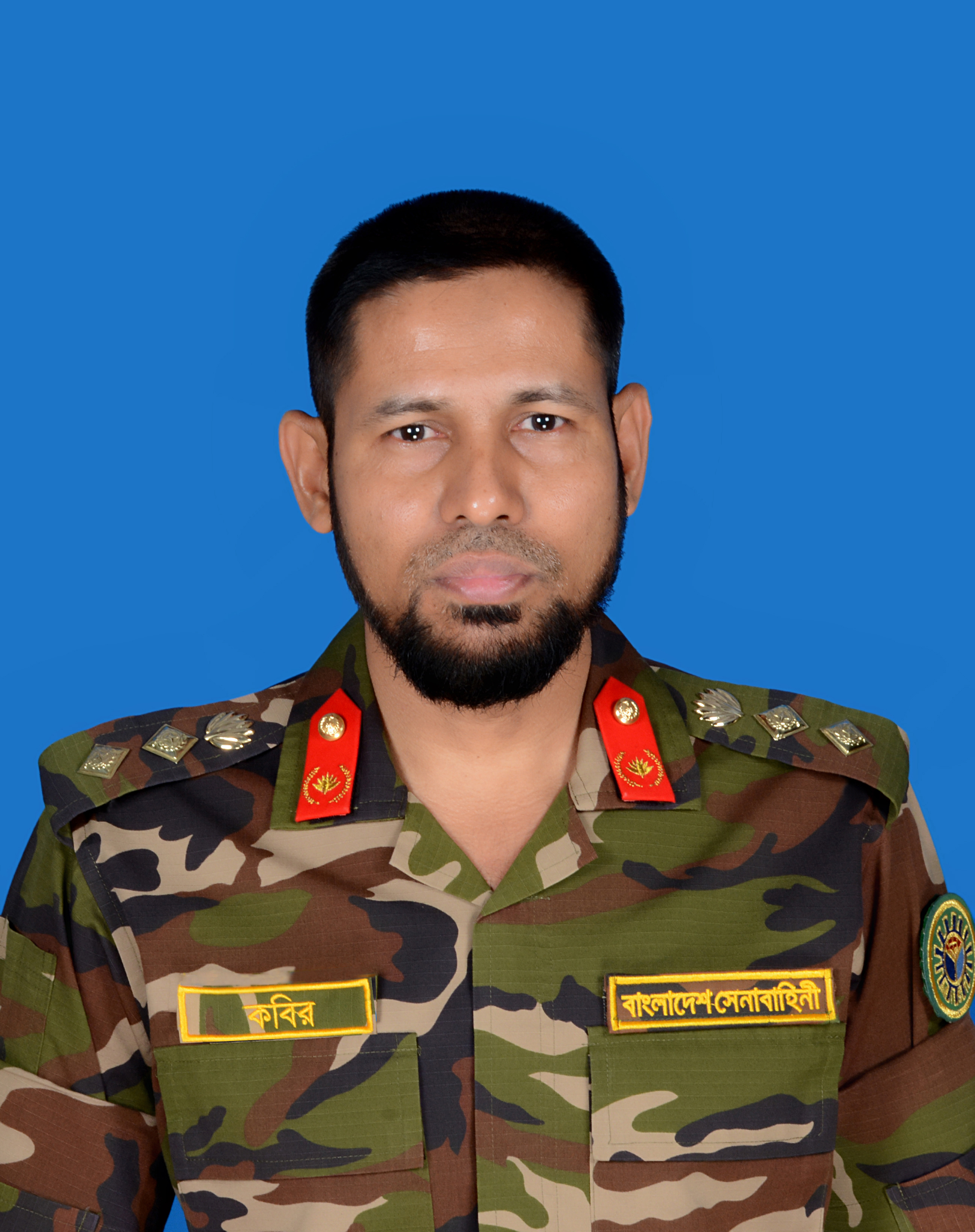

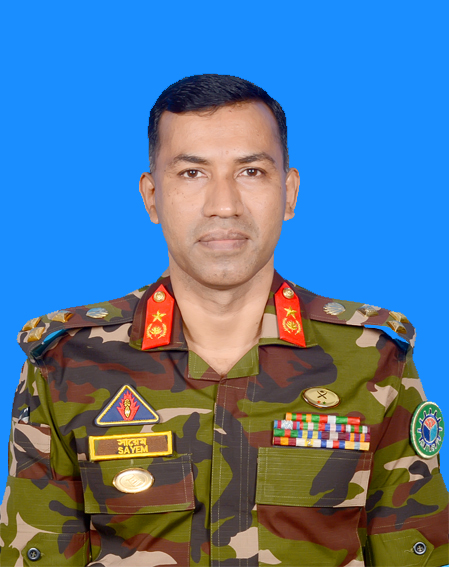



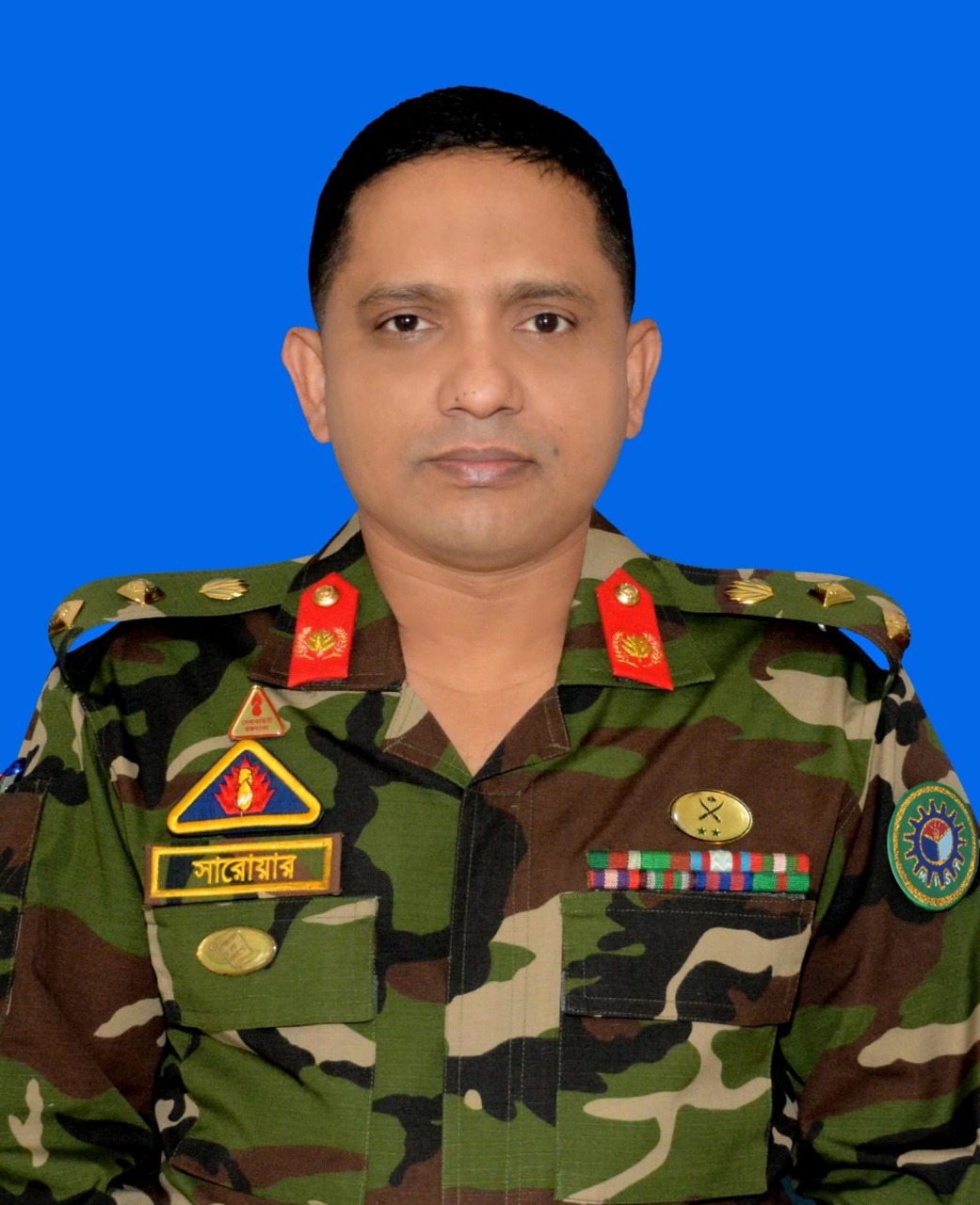
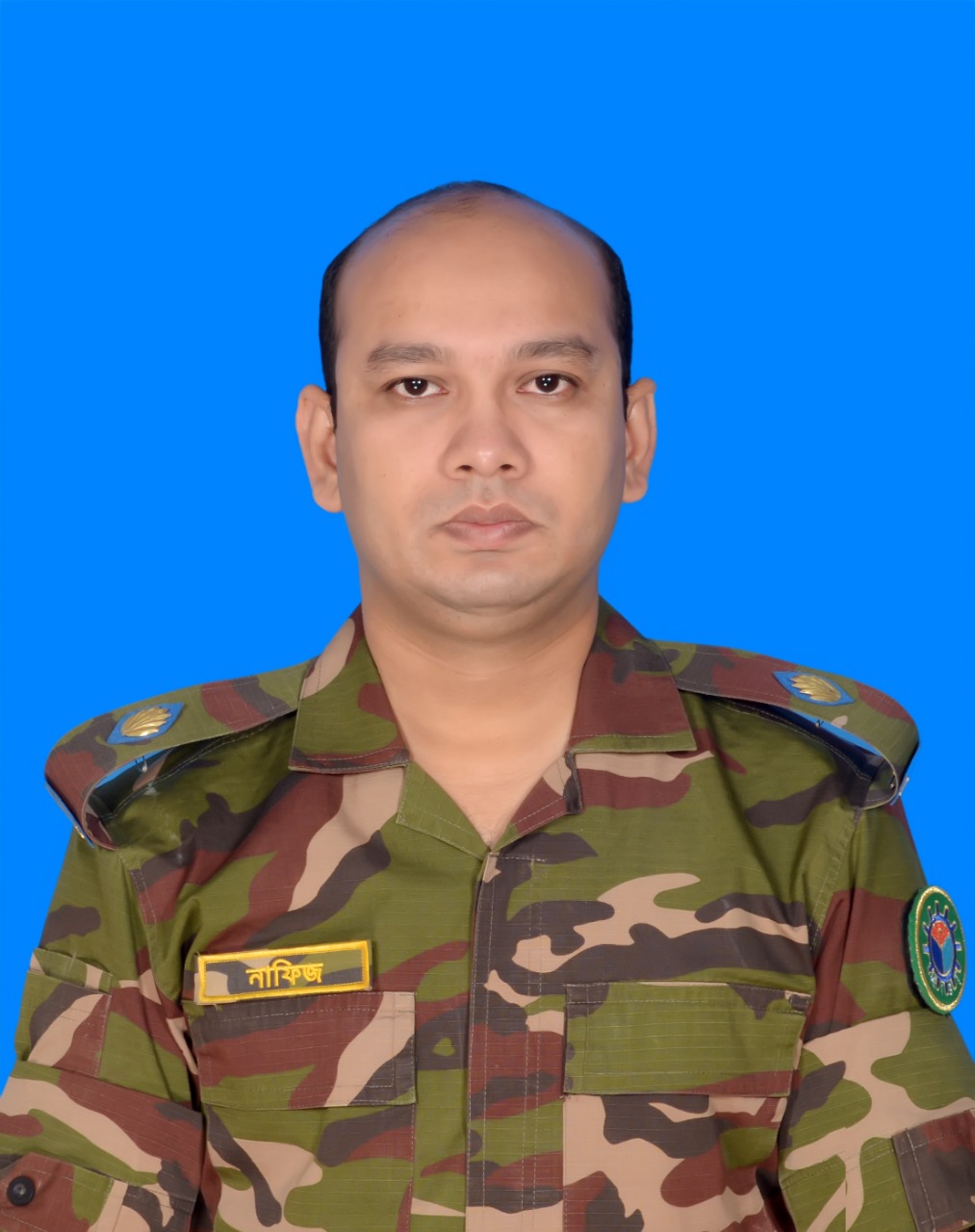

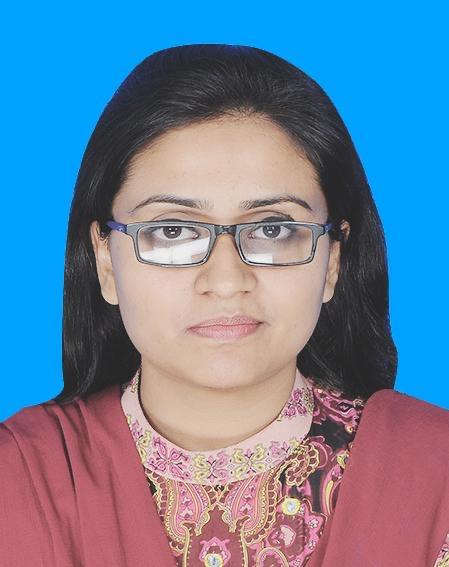



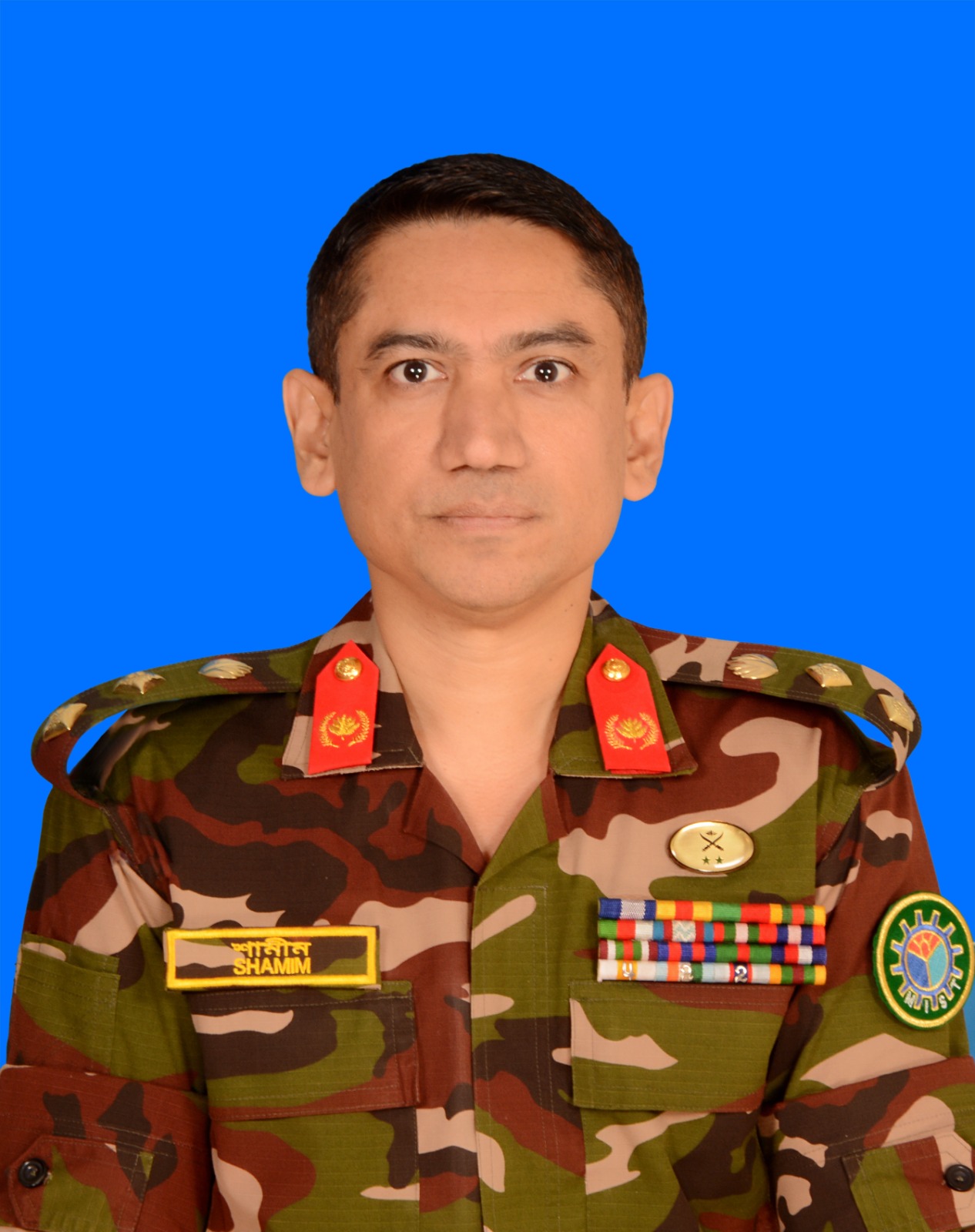
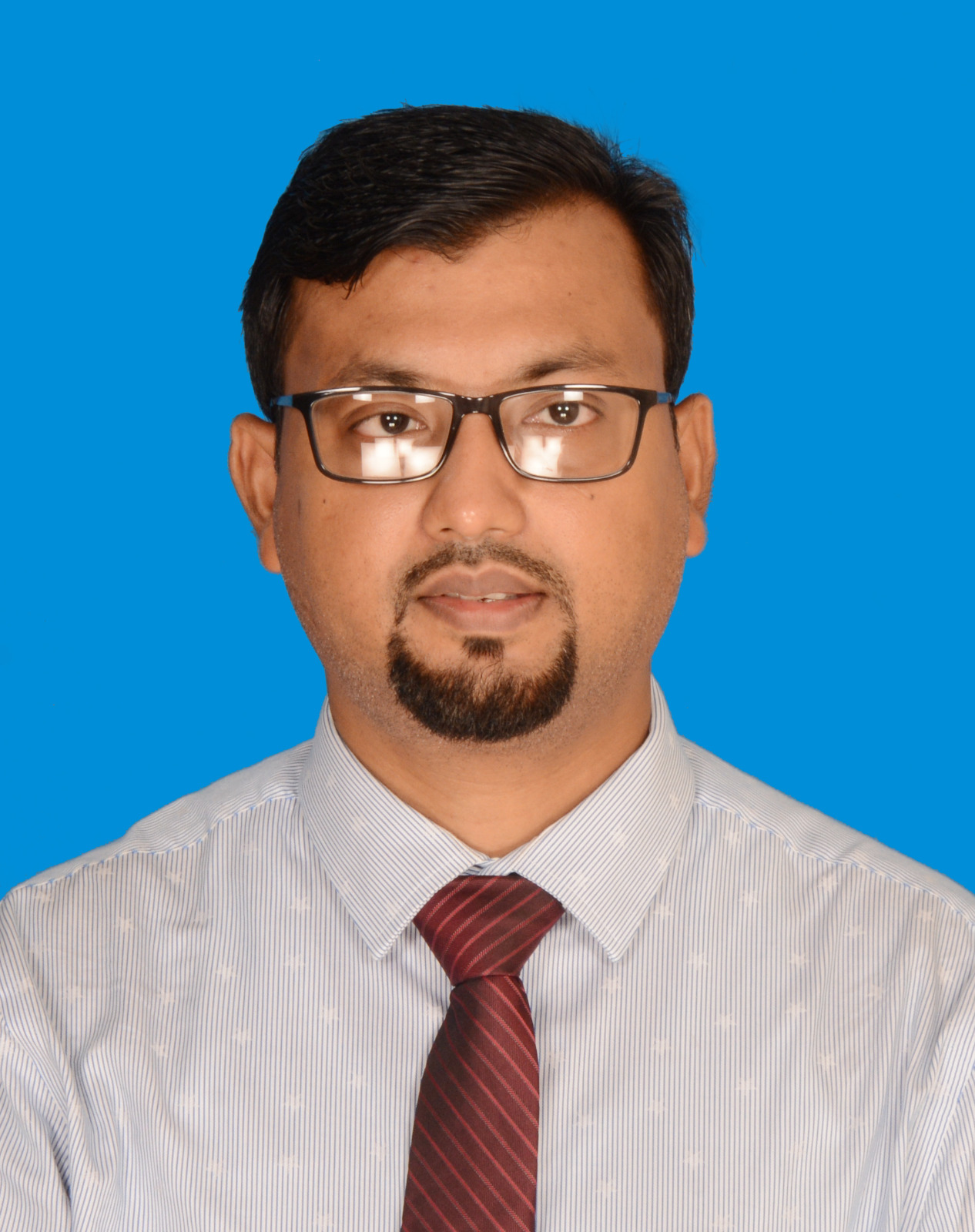
.jpeg)
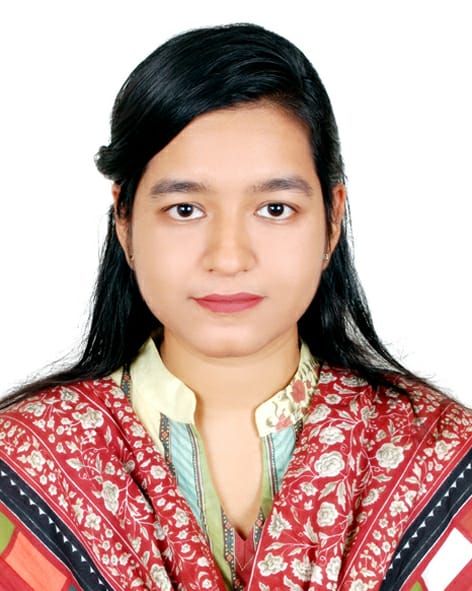
.jpg)
.jpeg)
